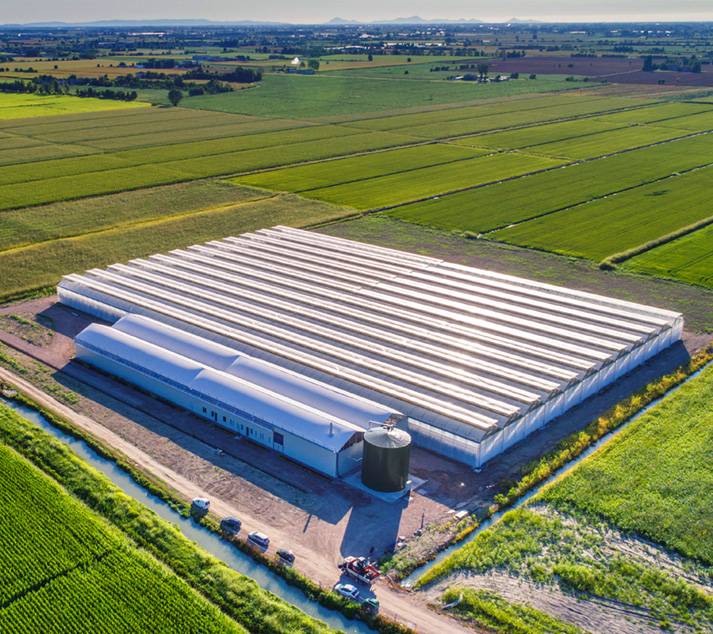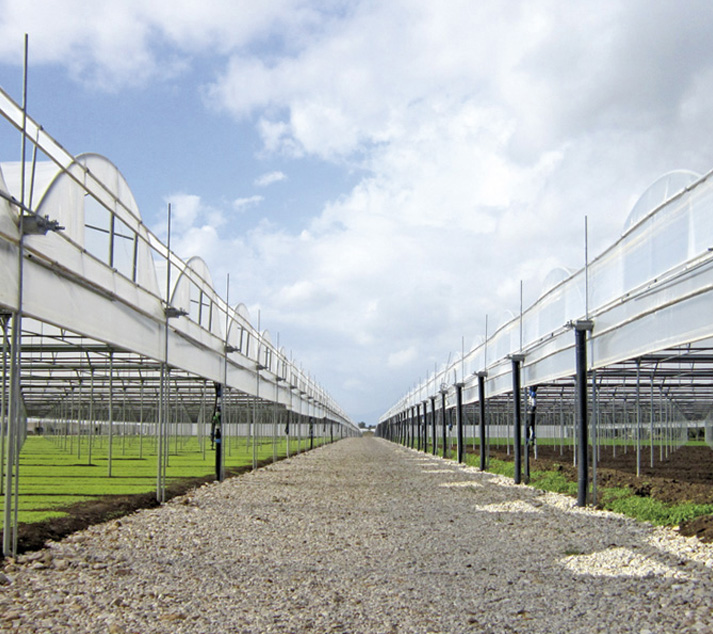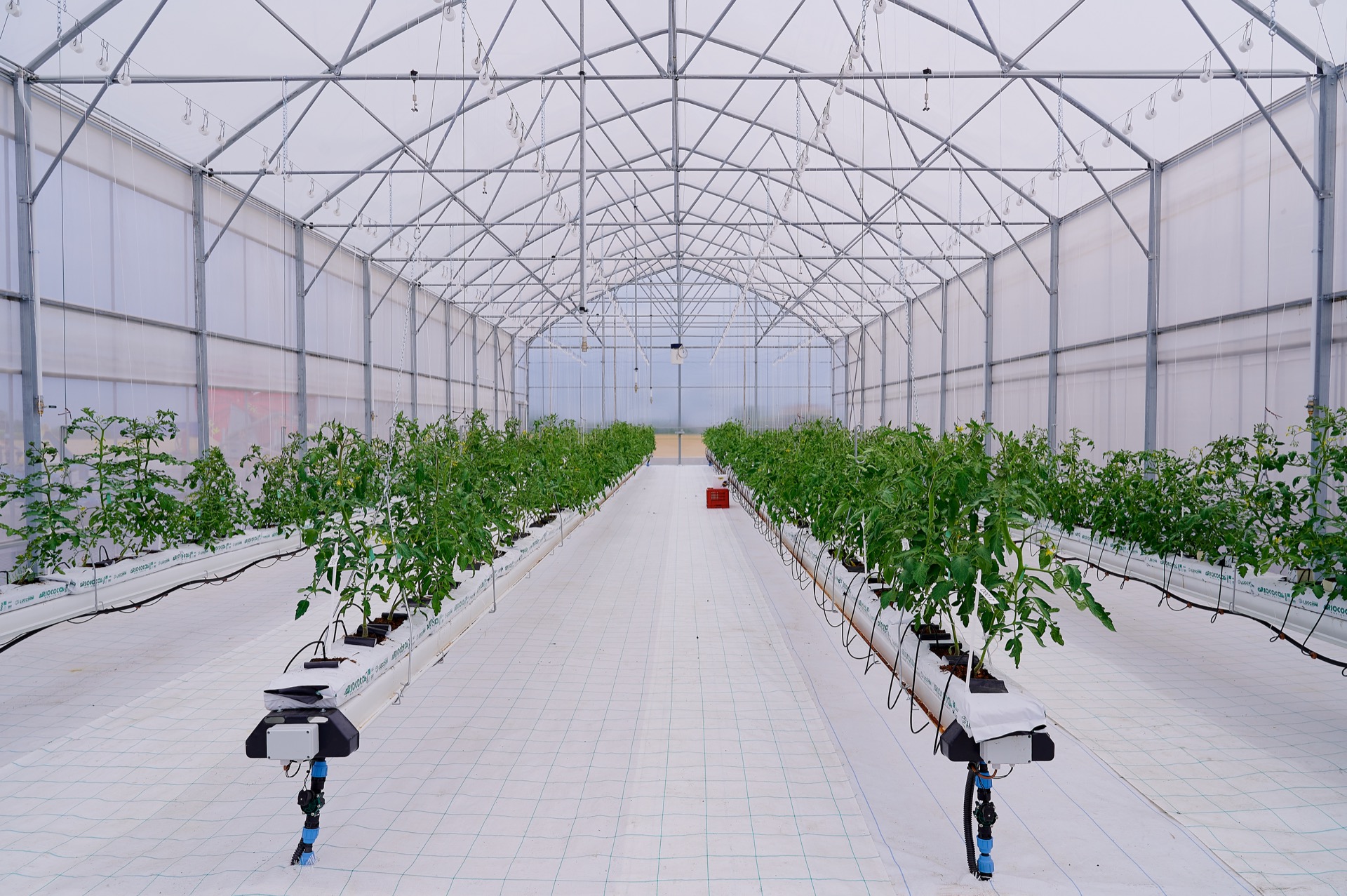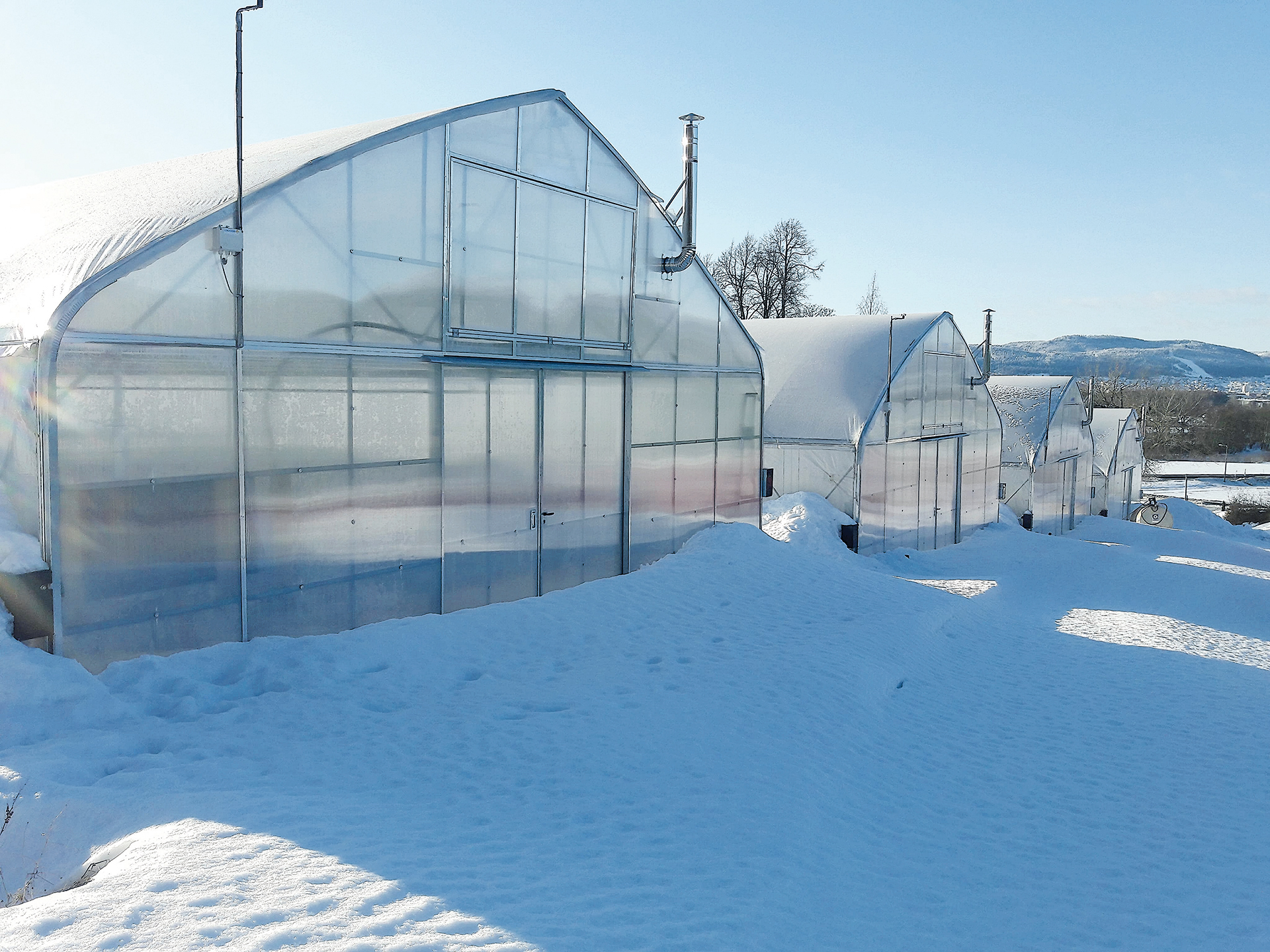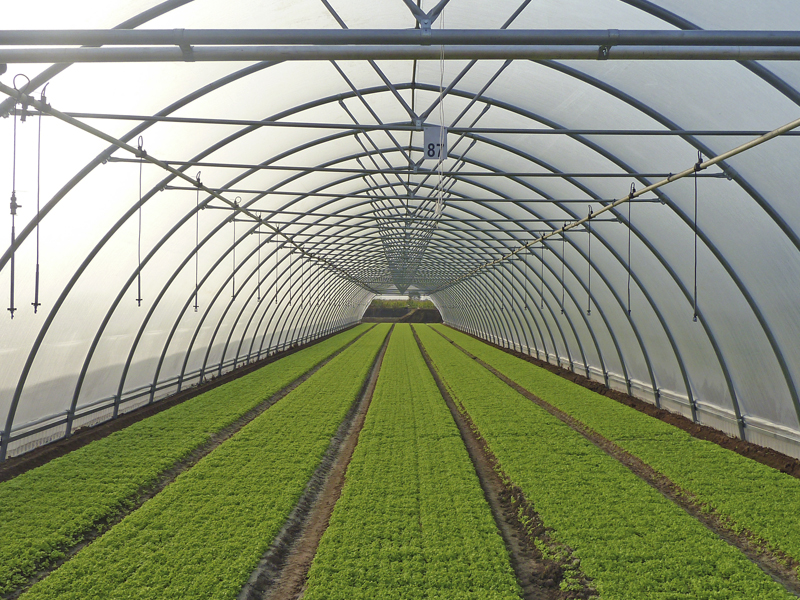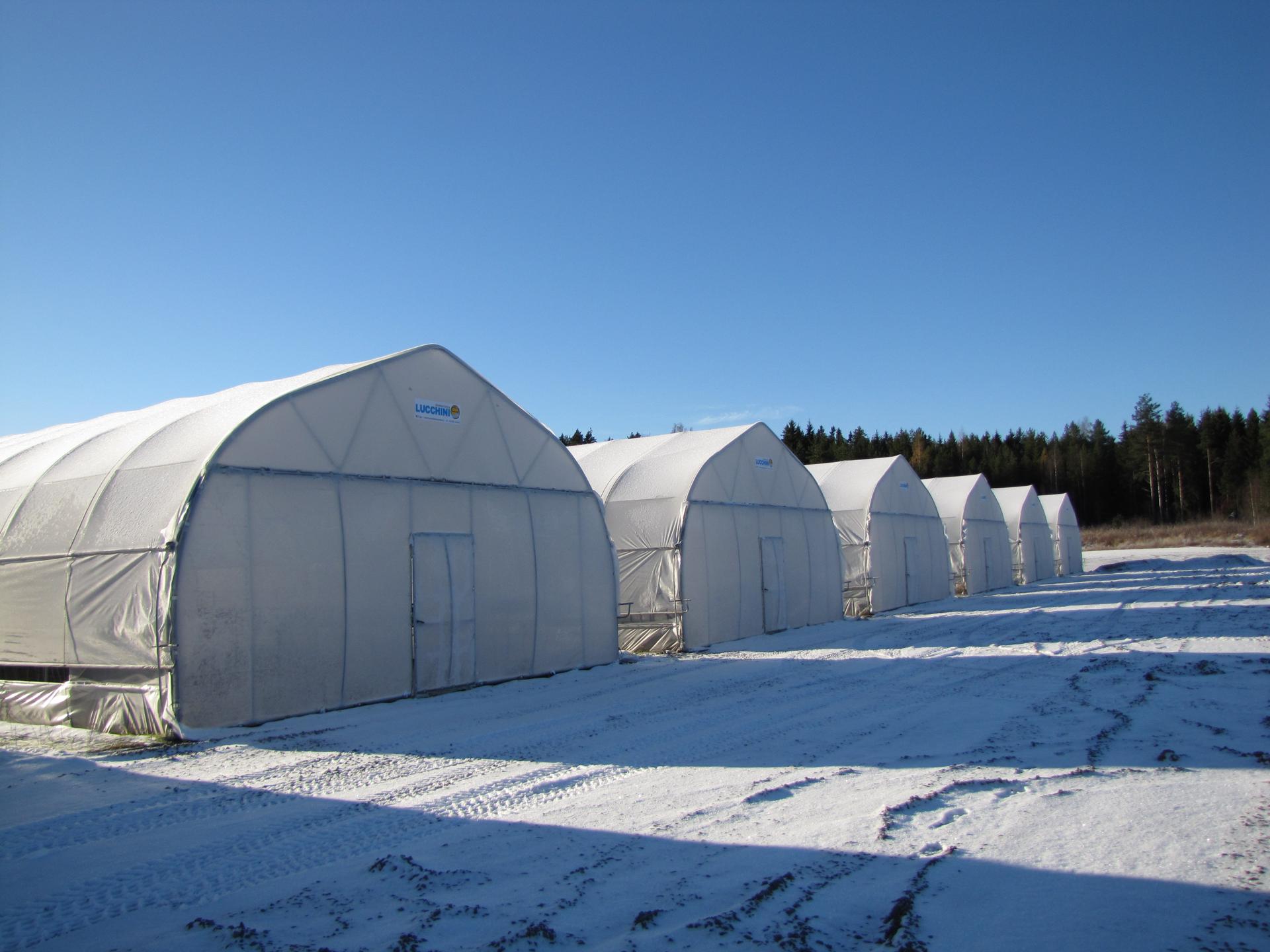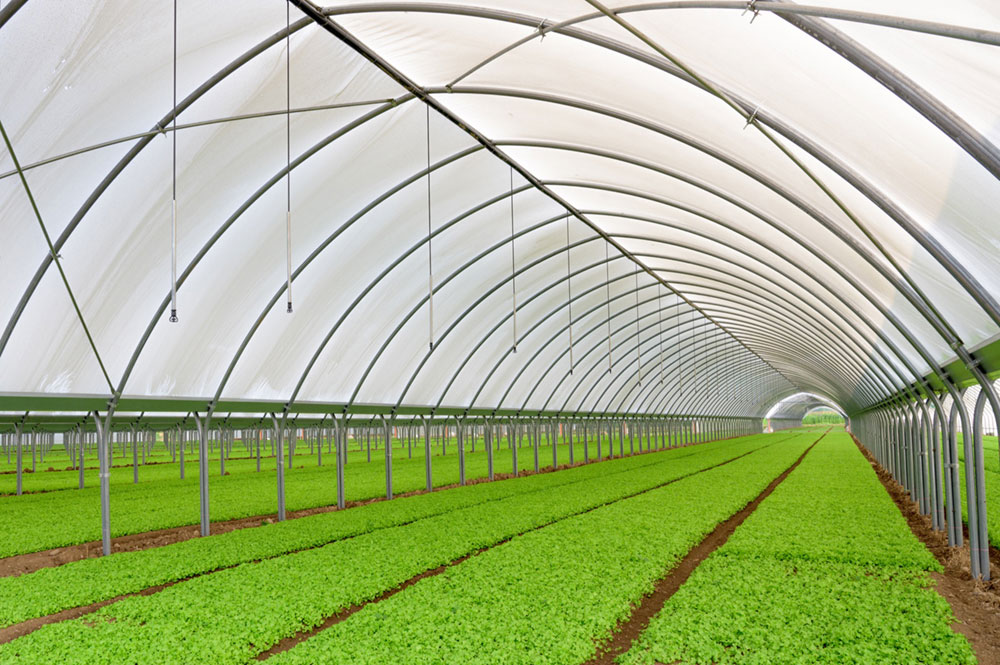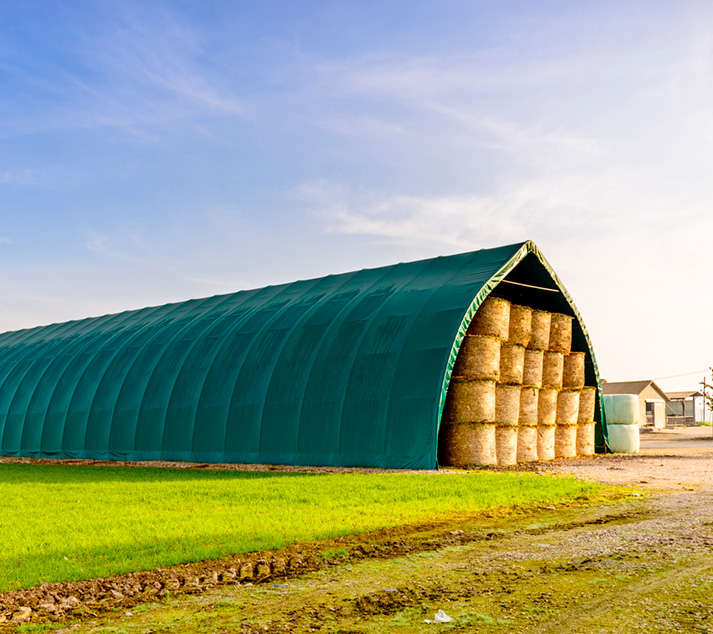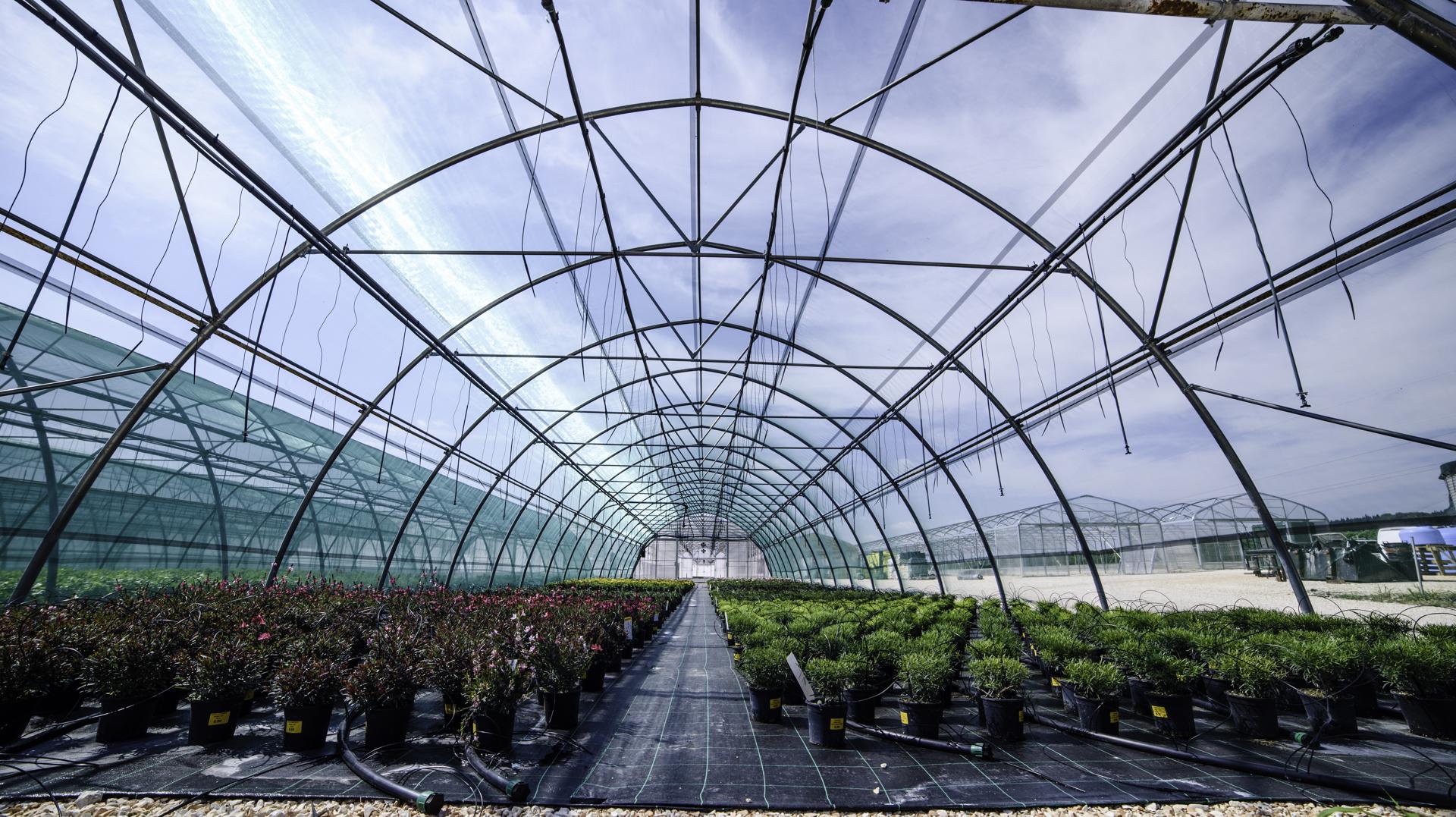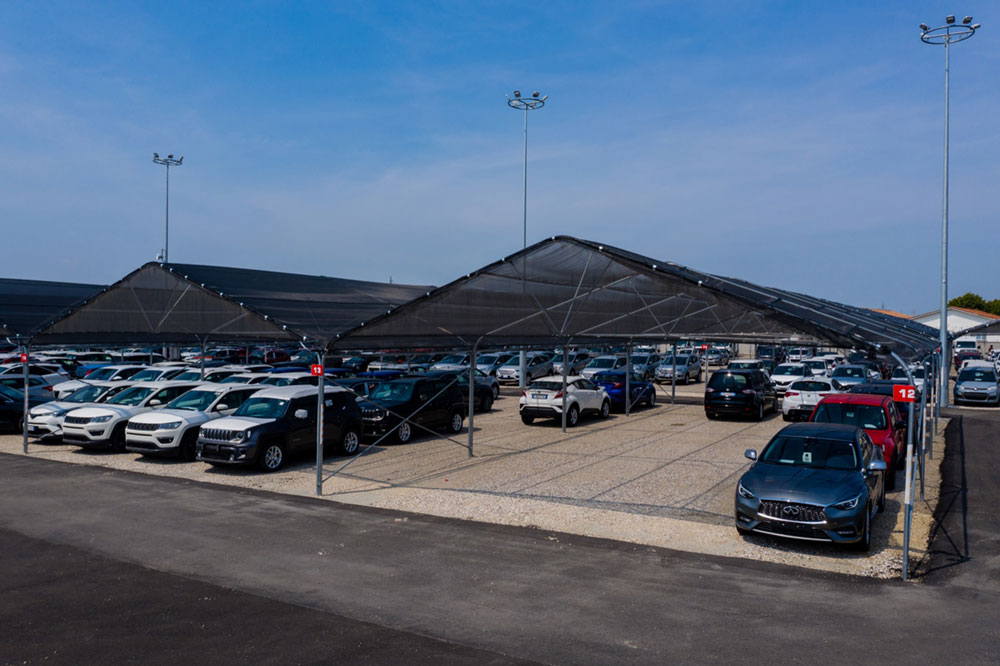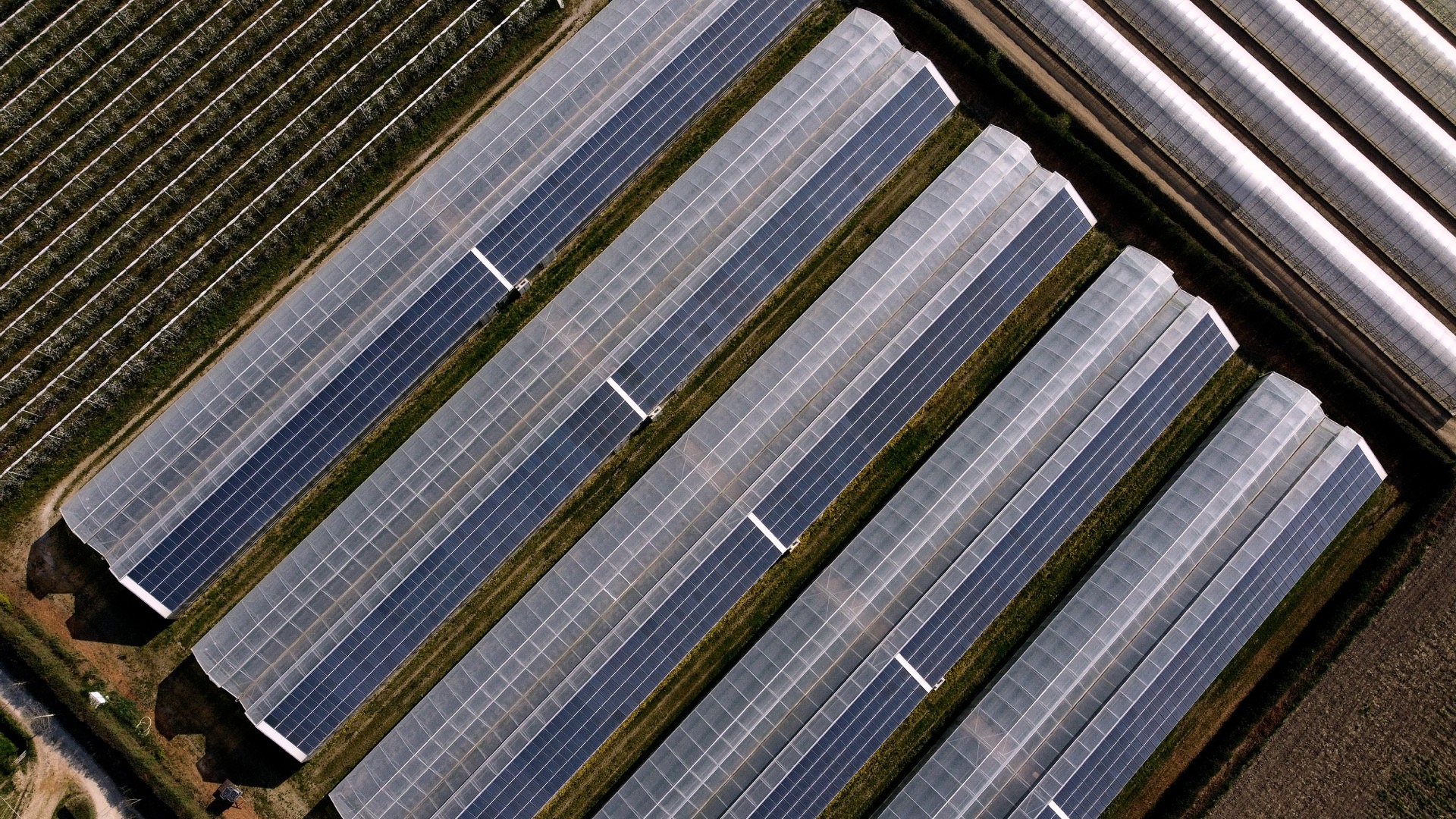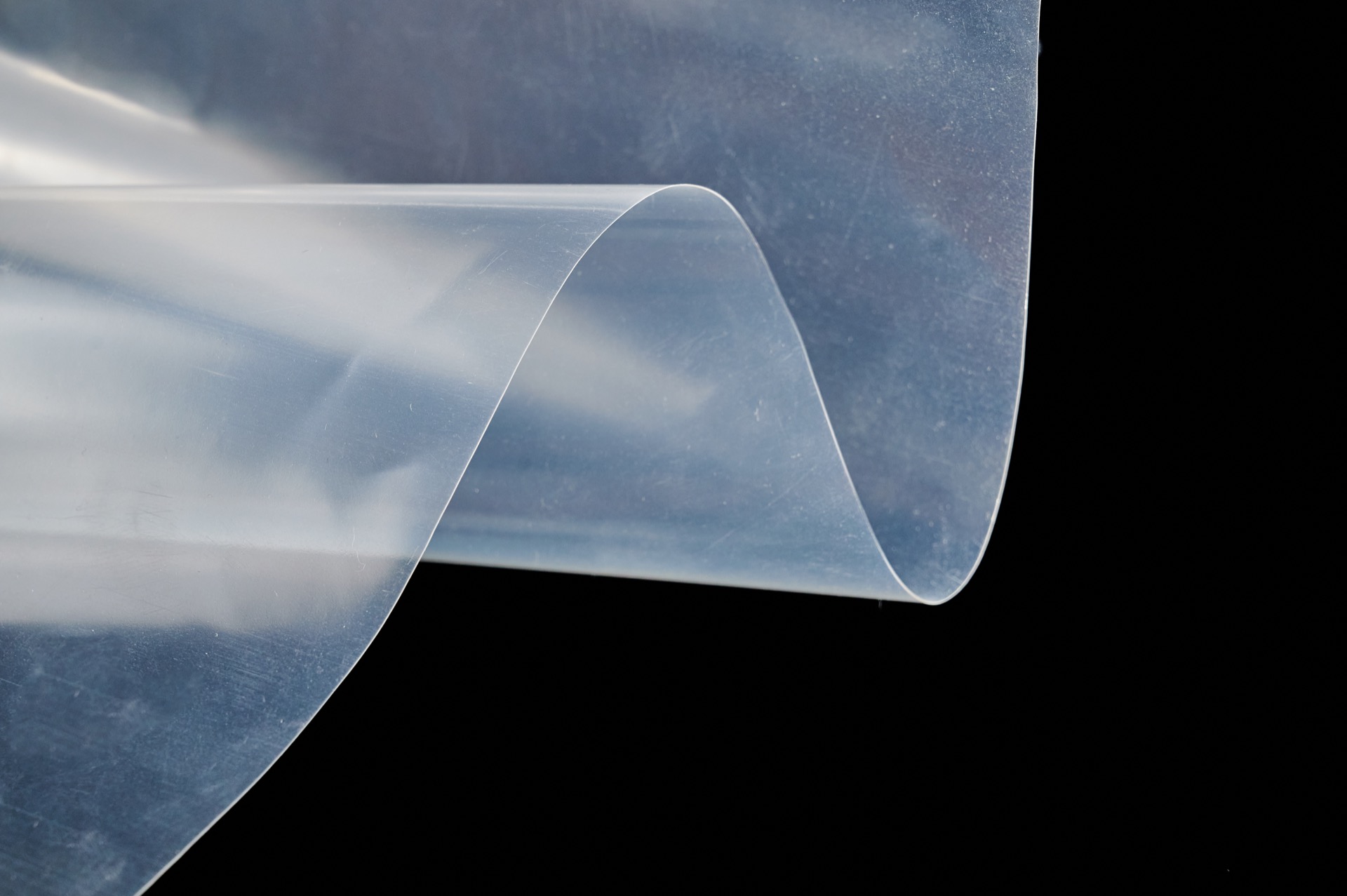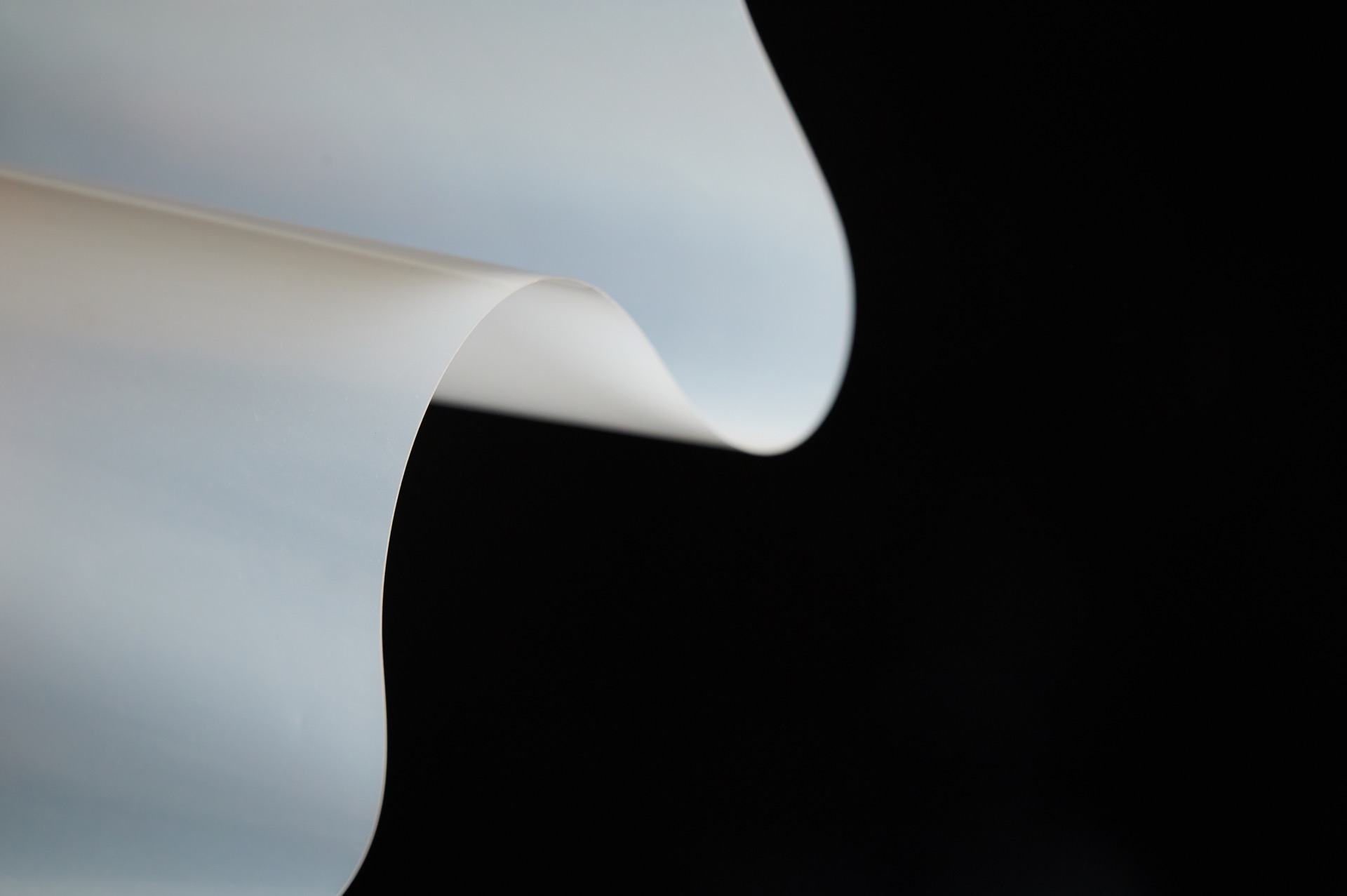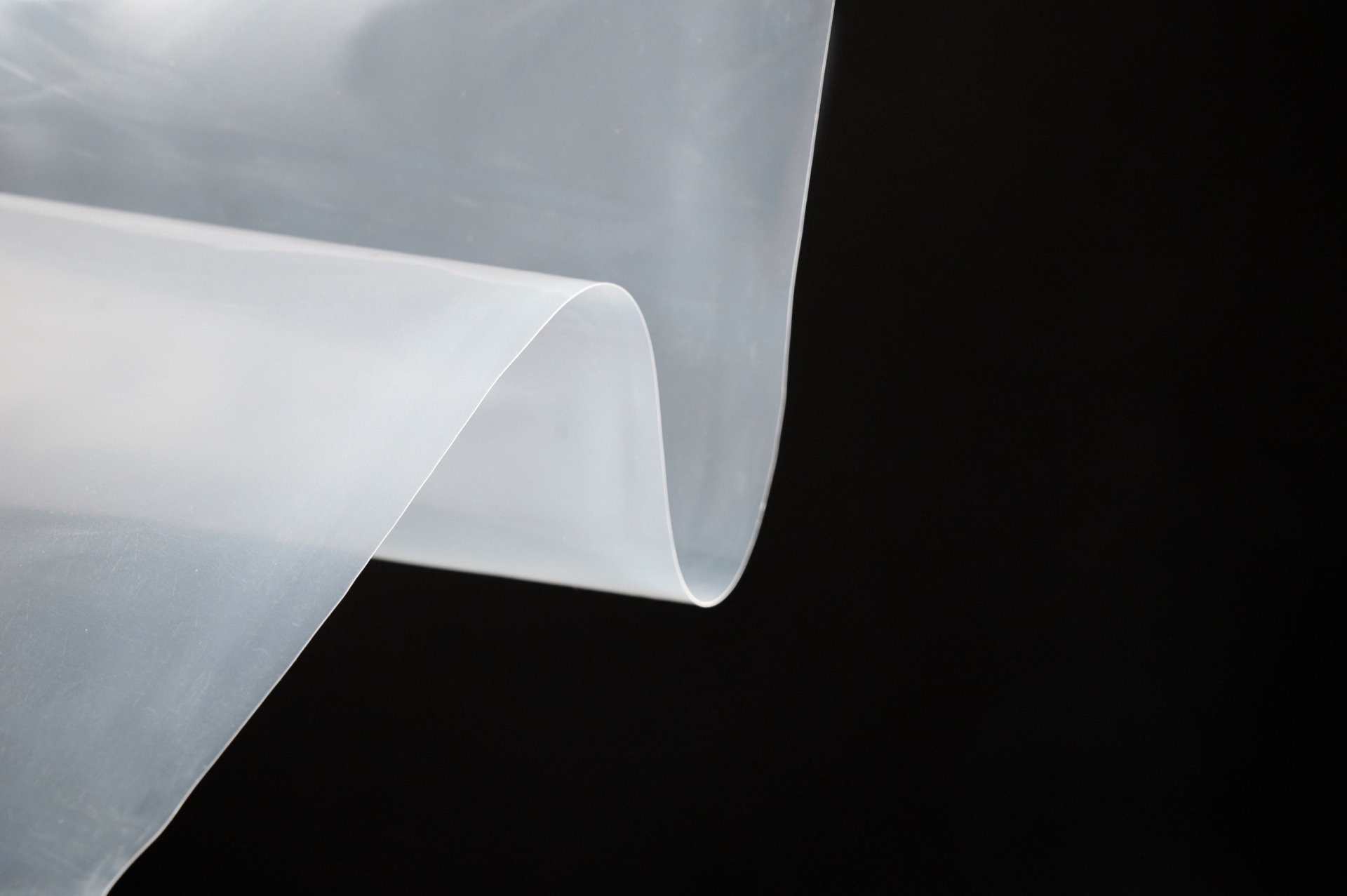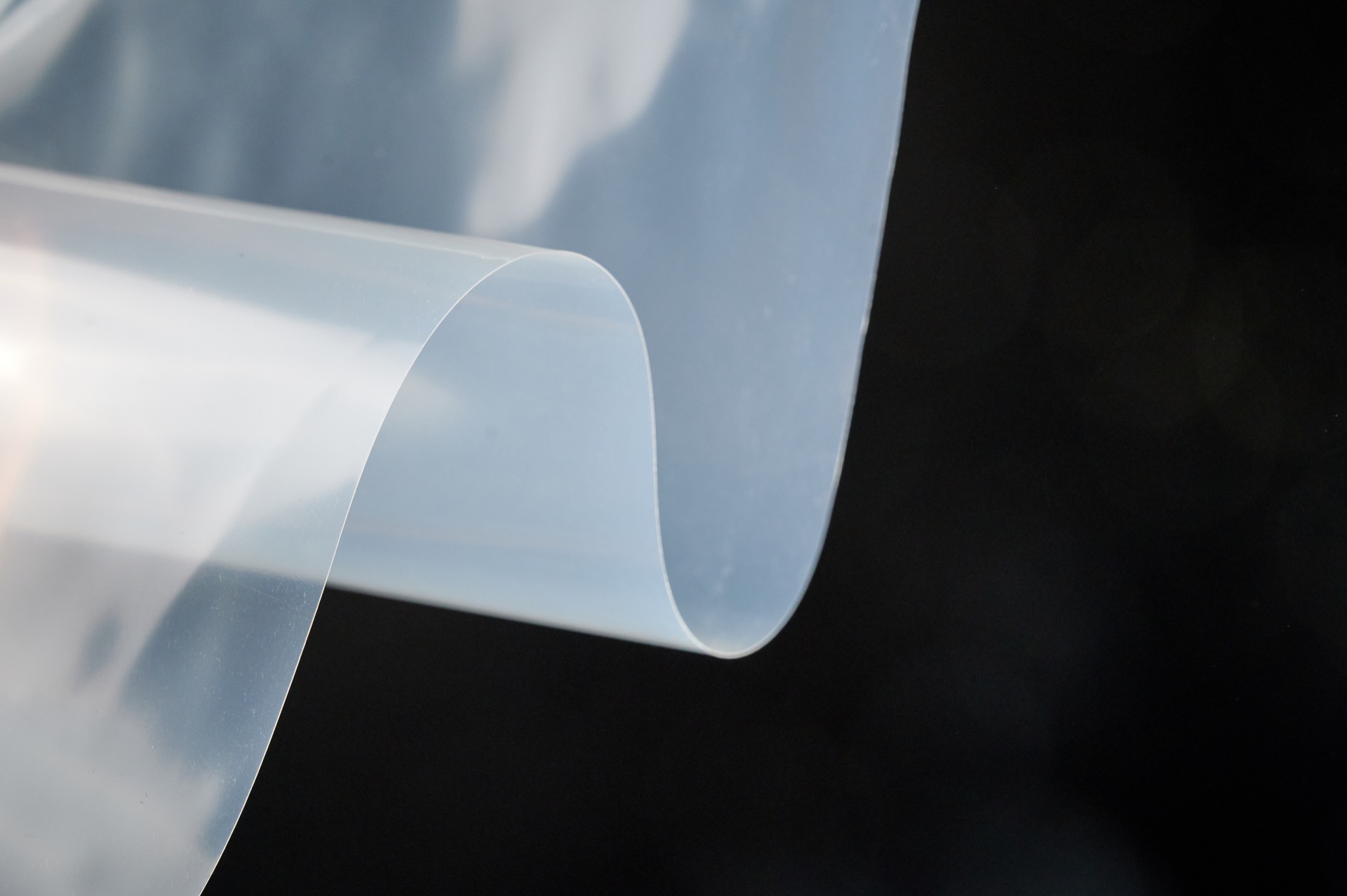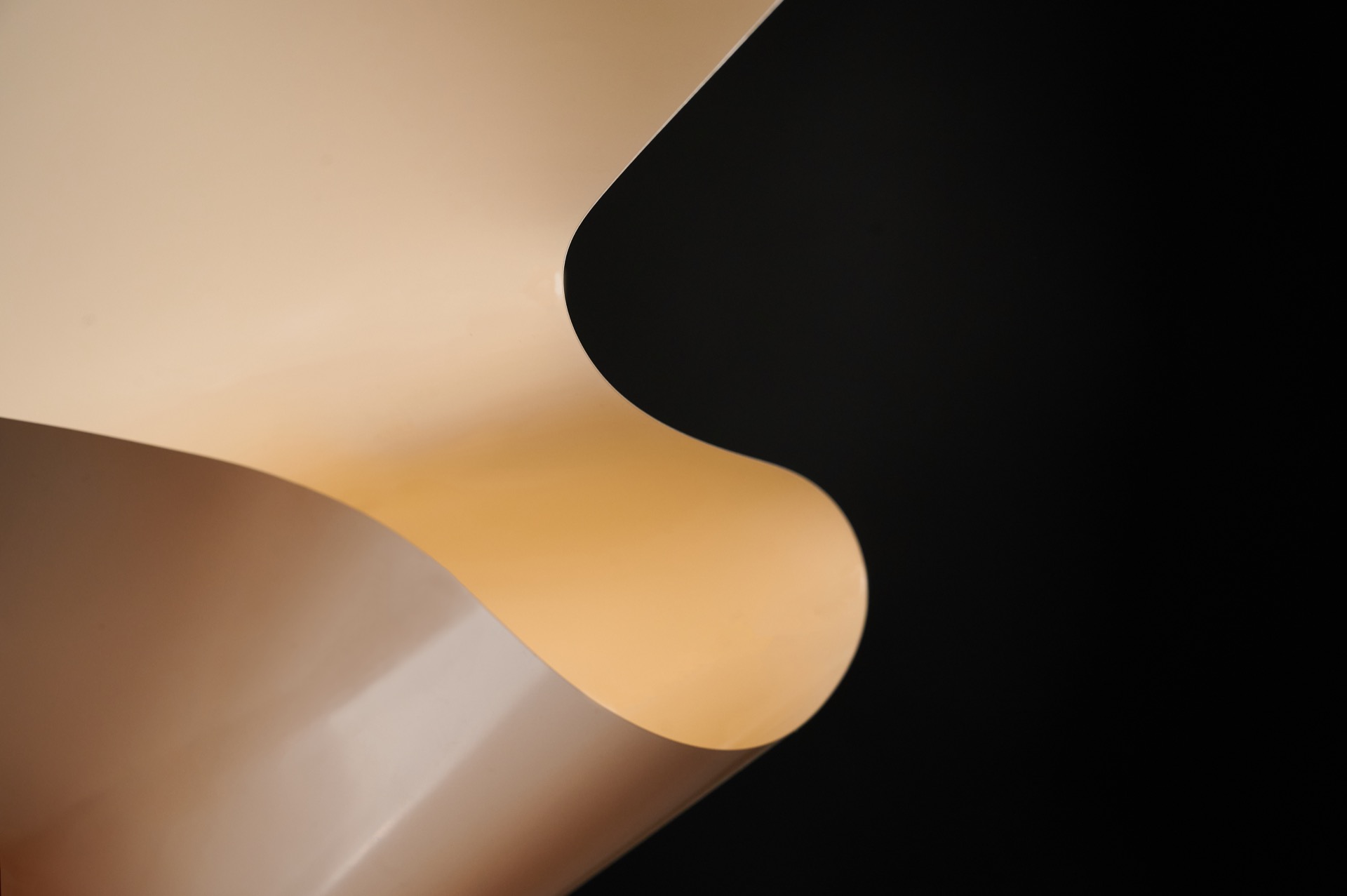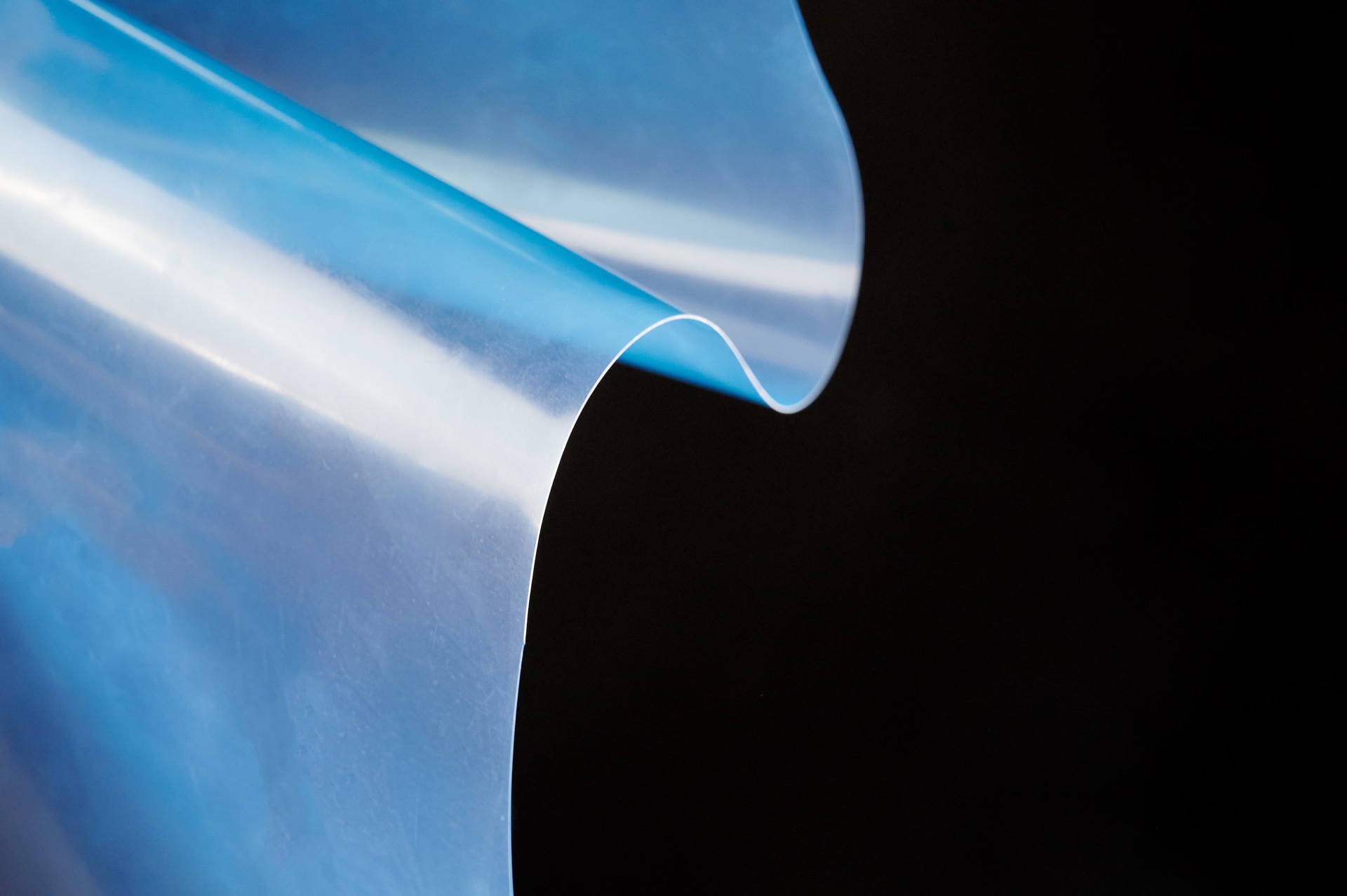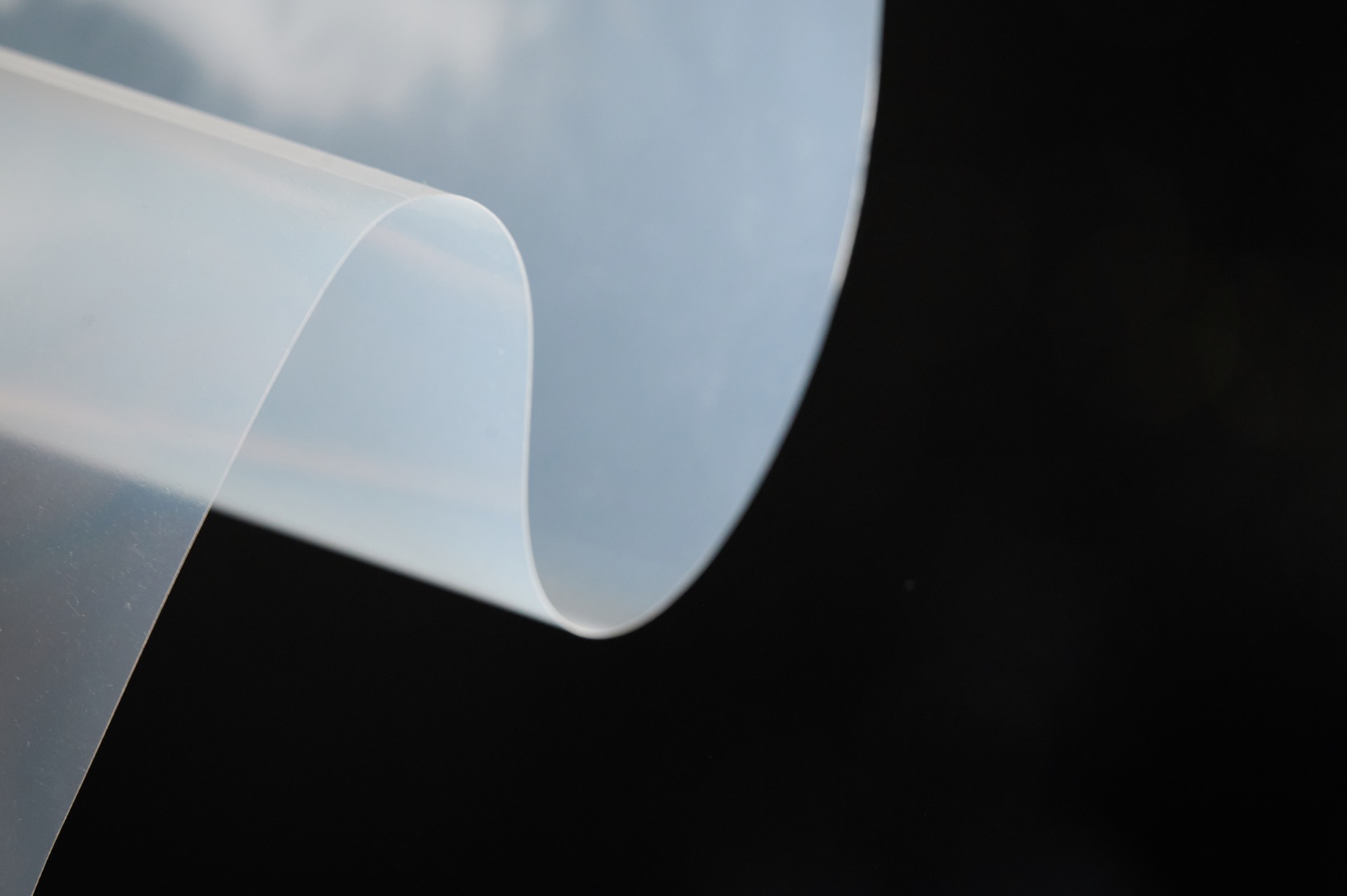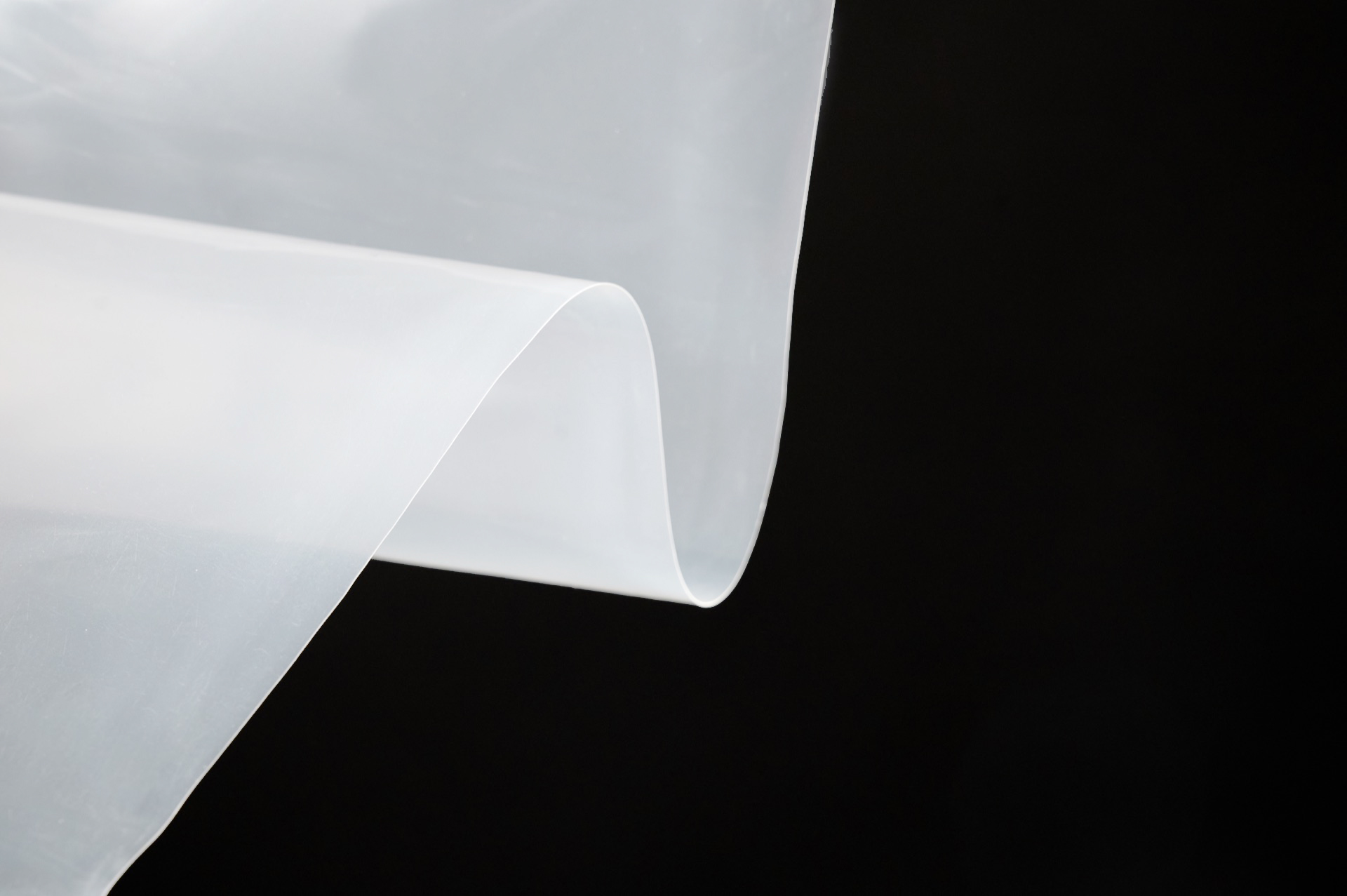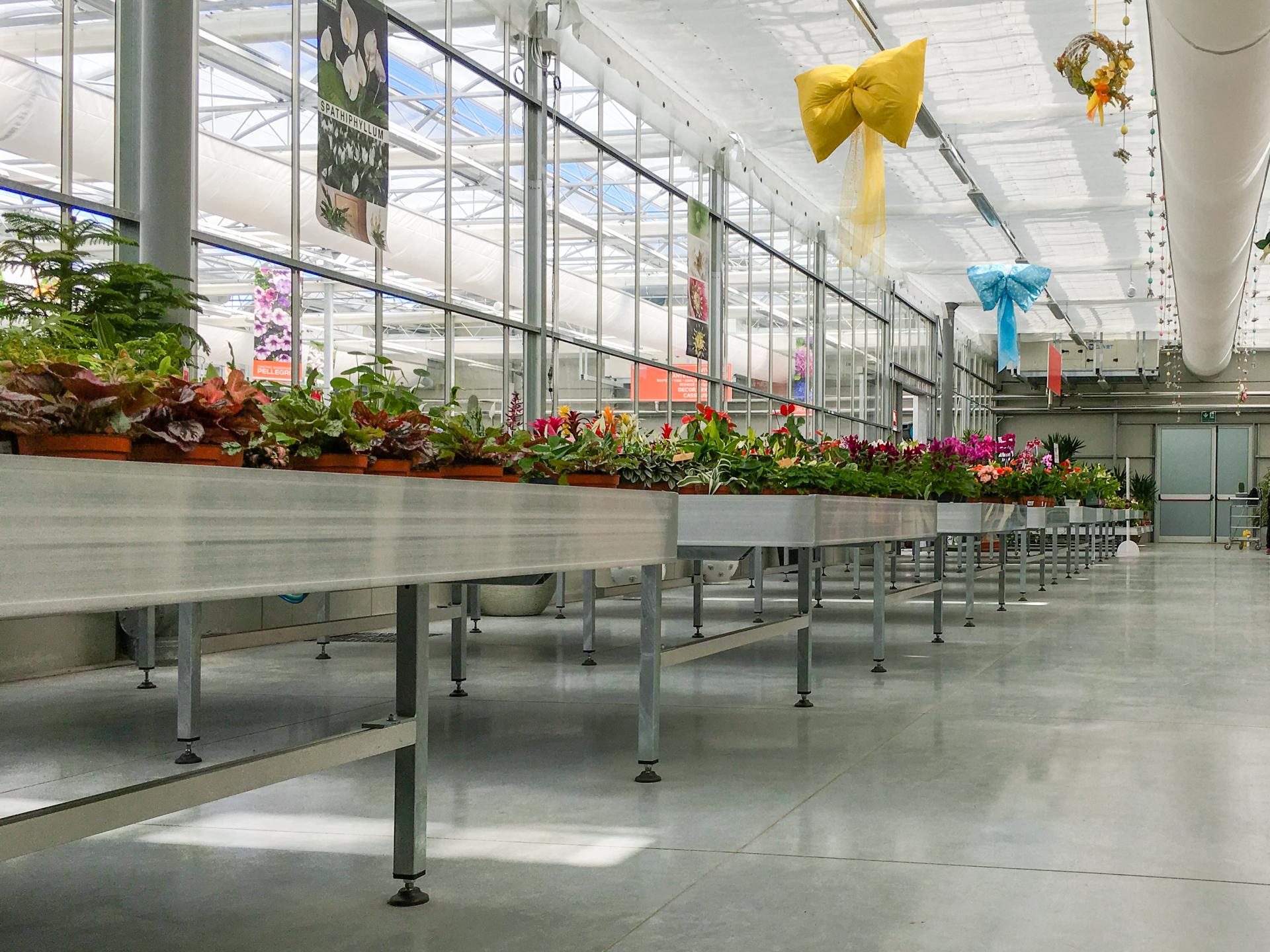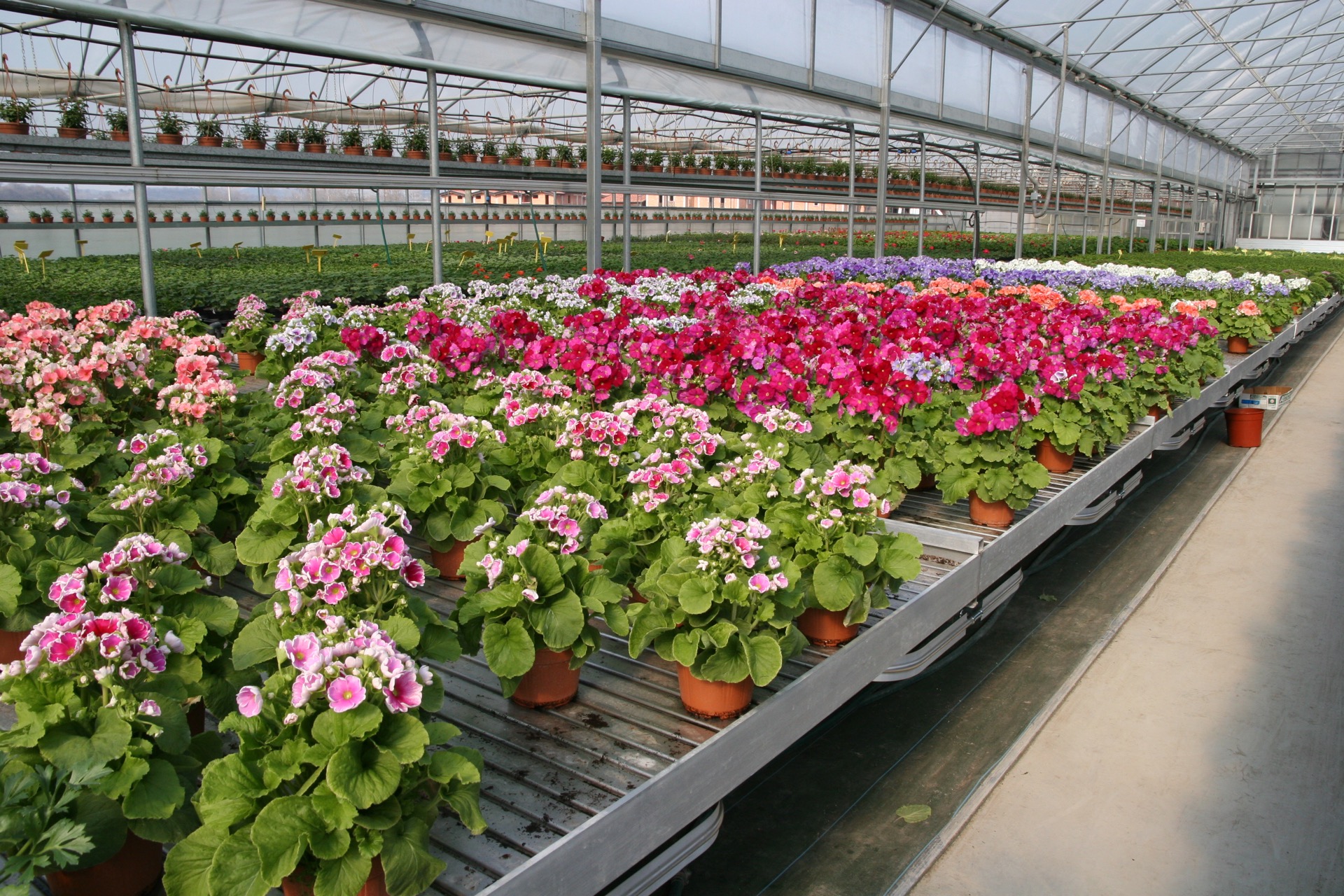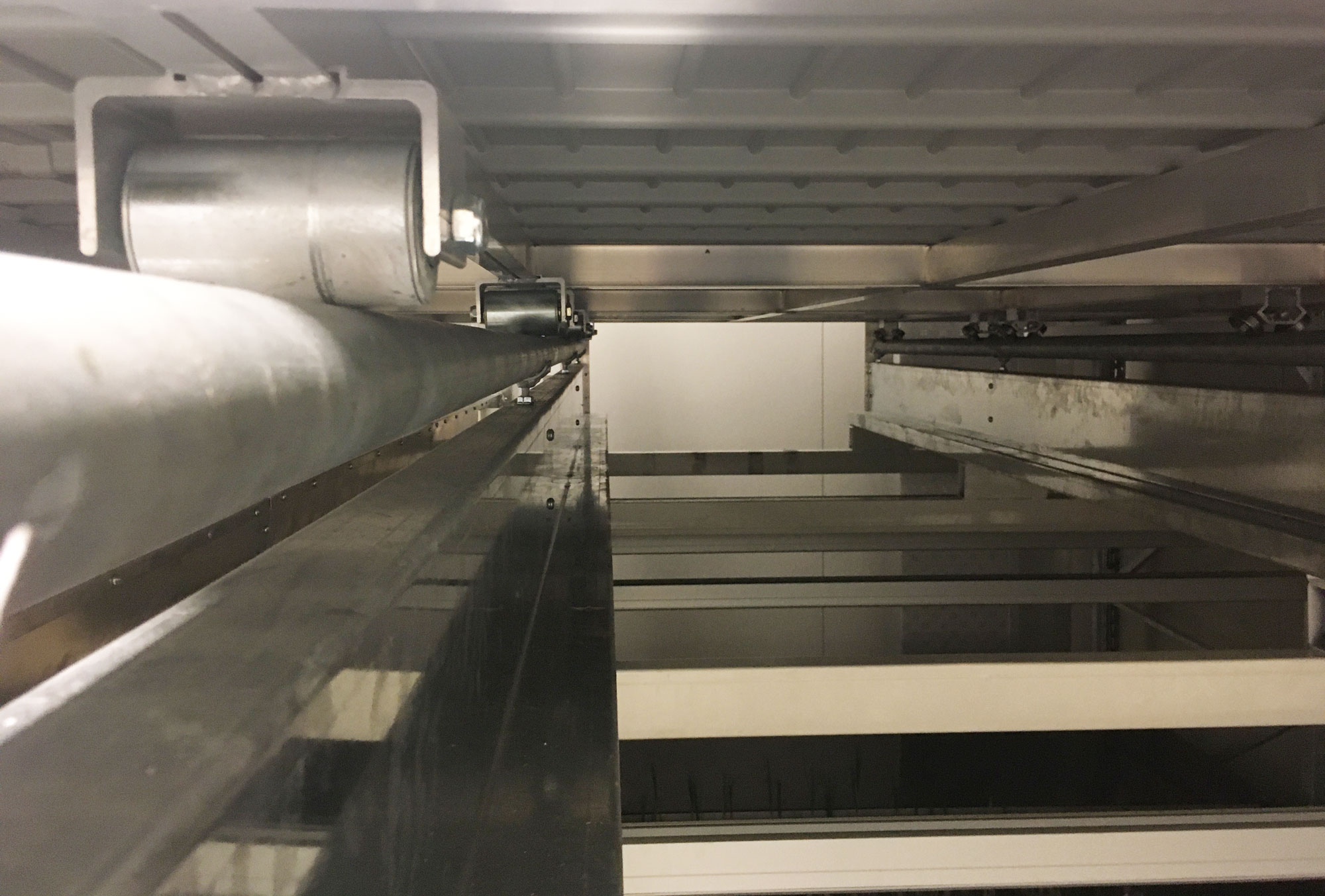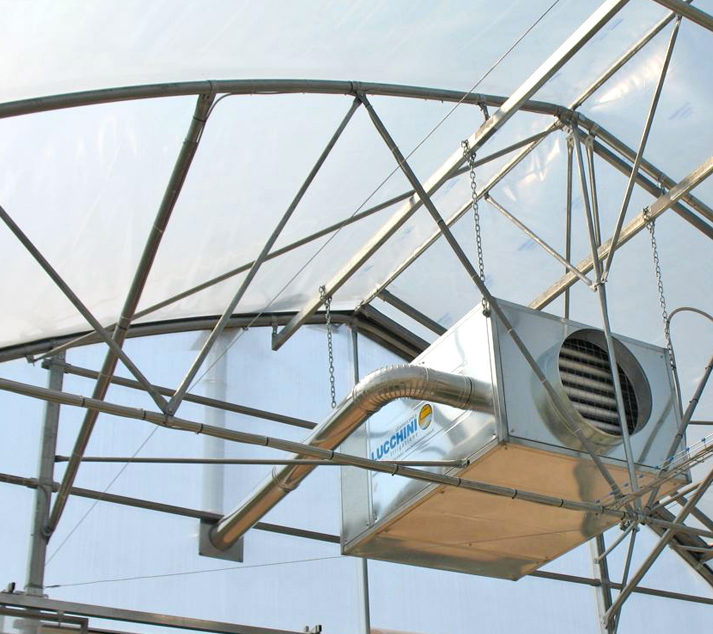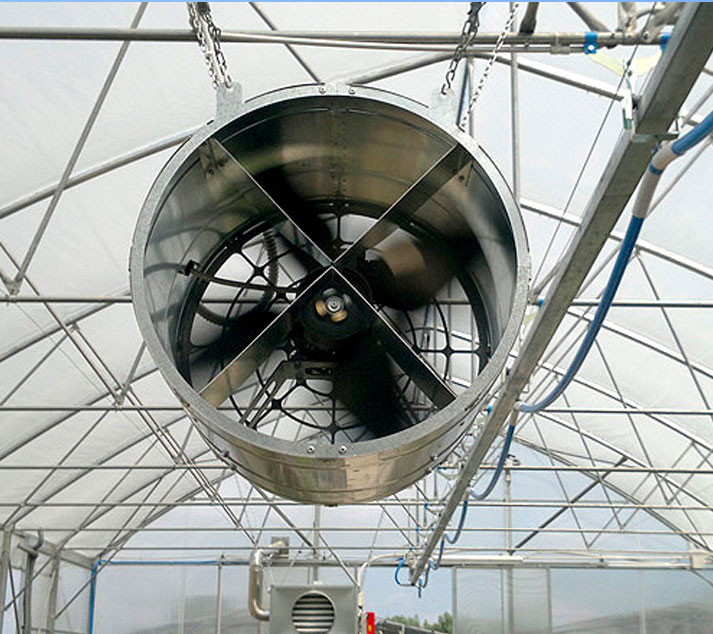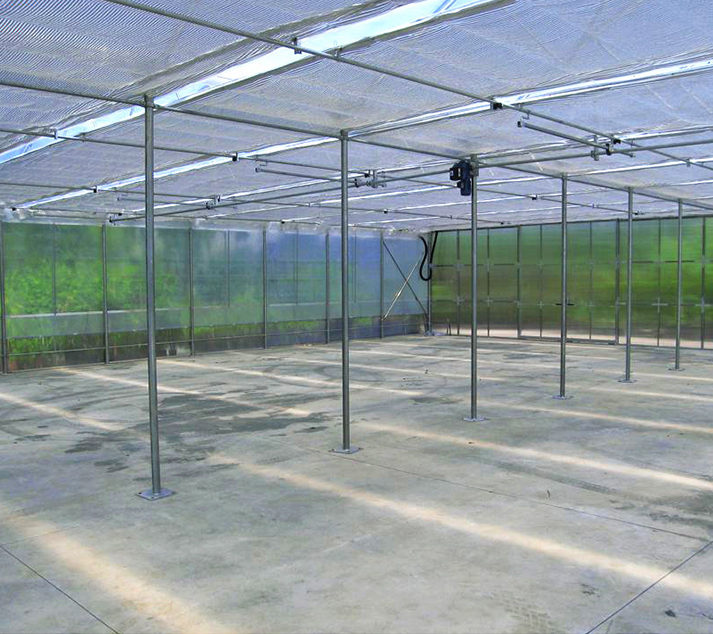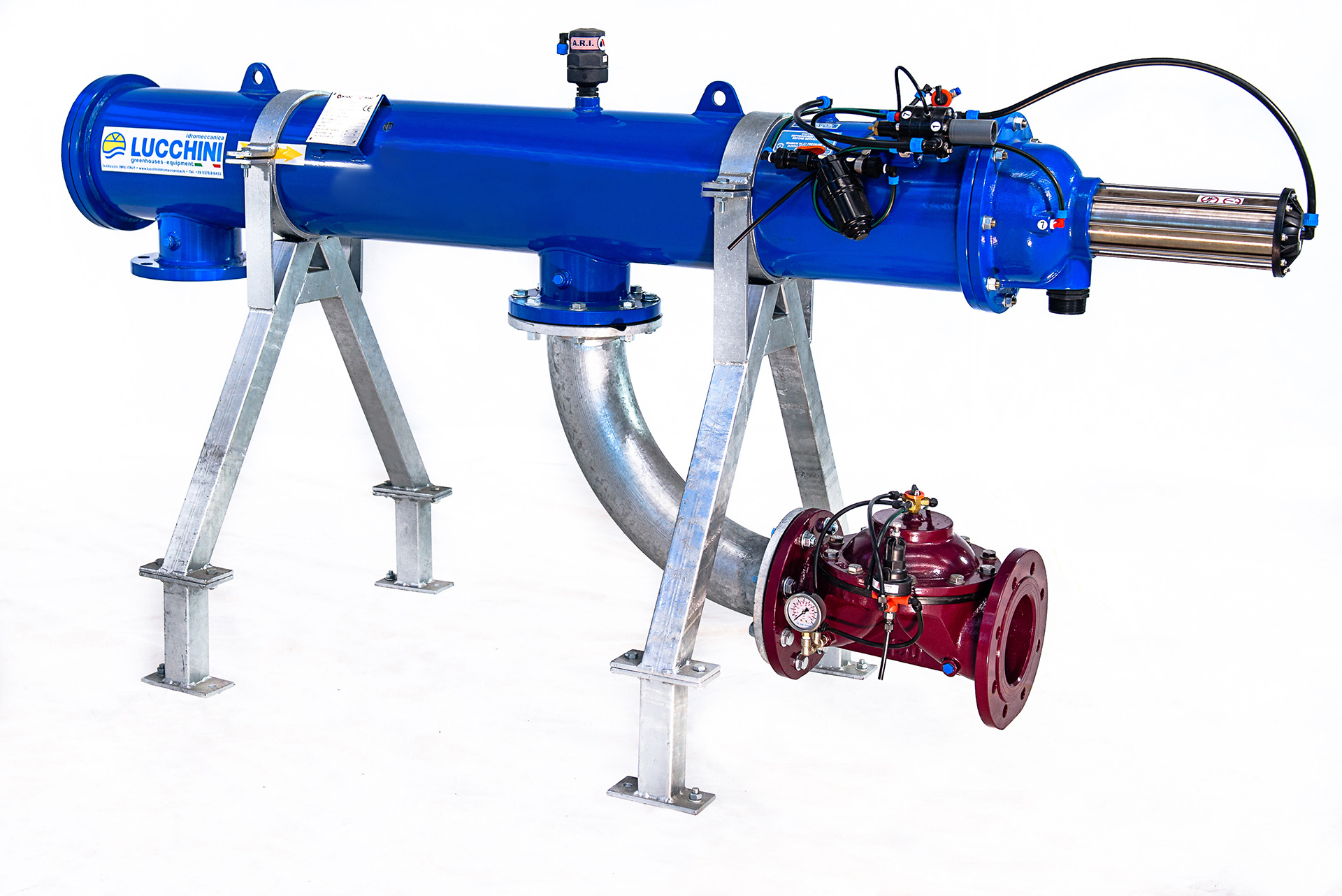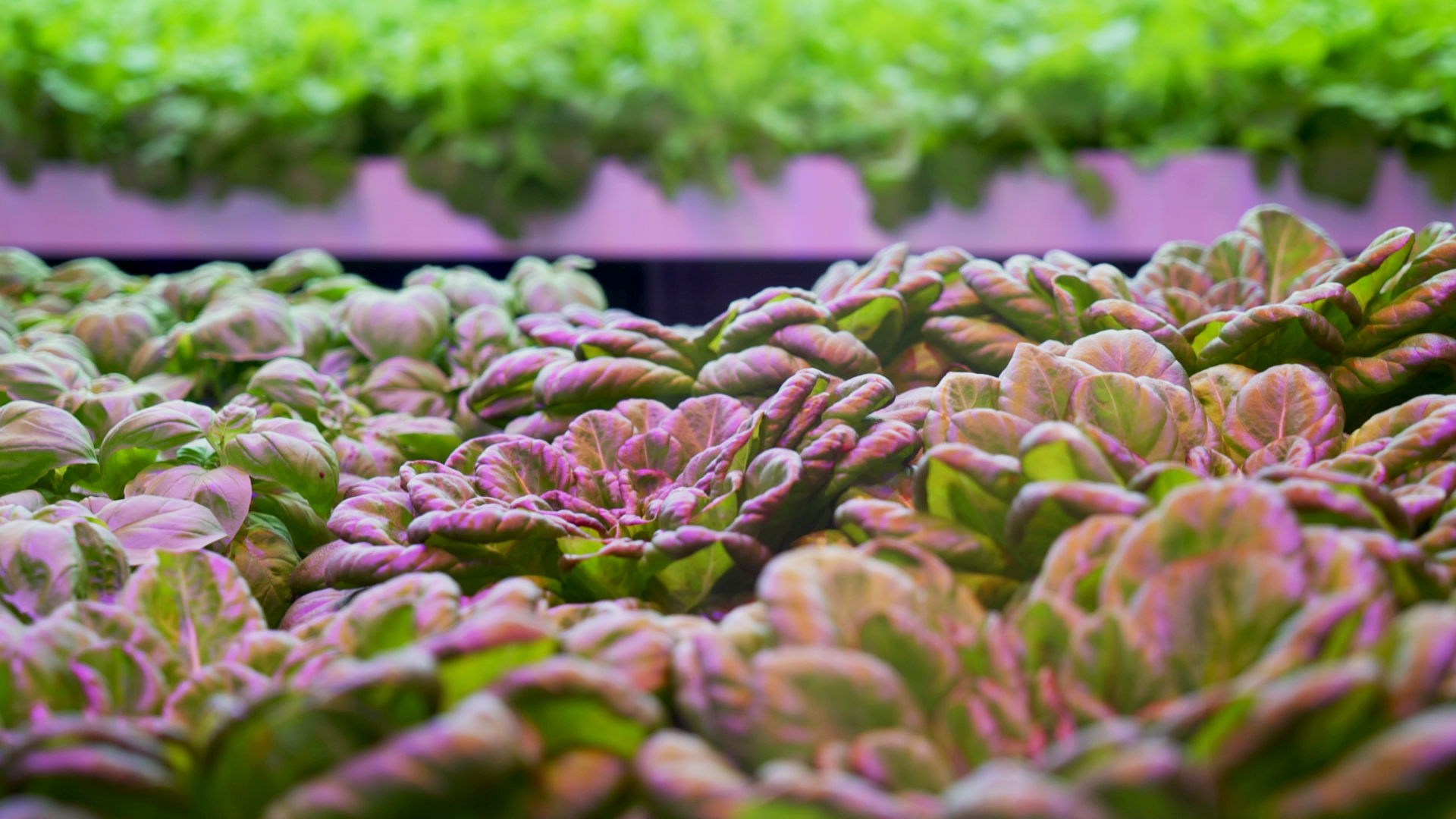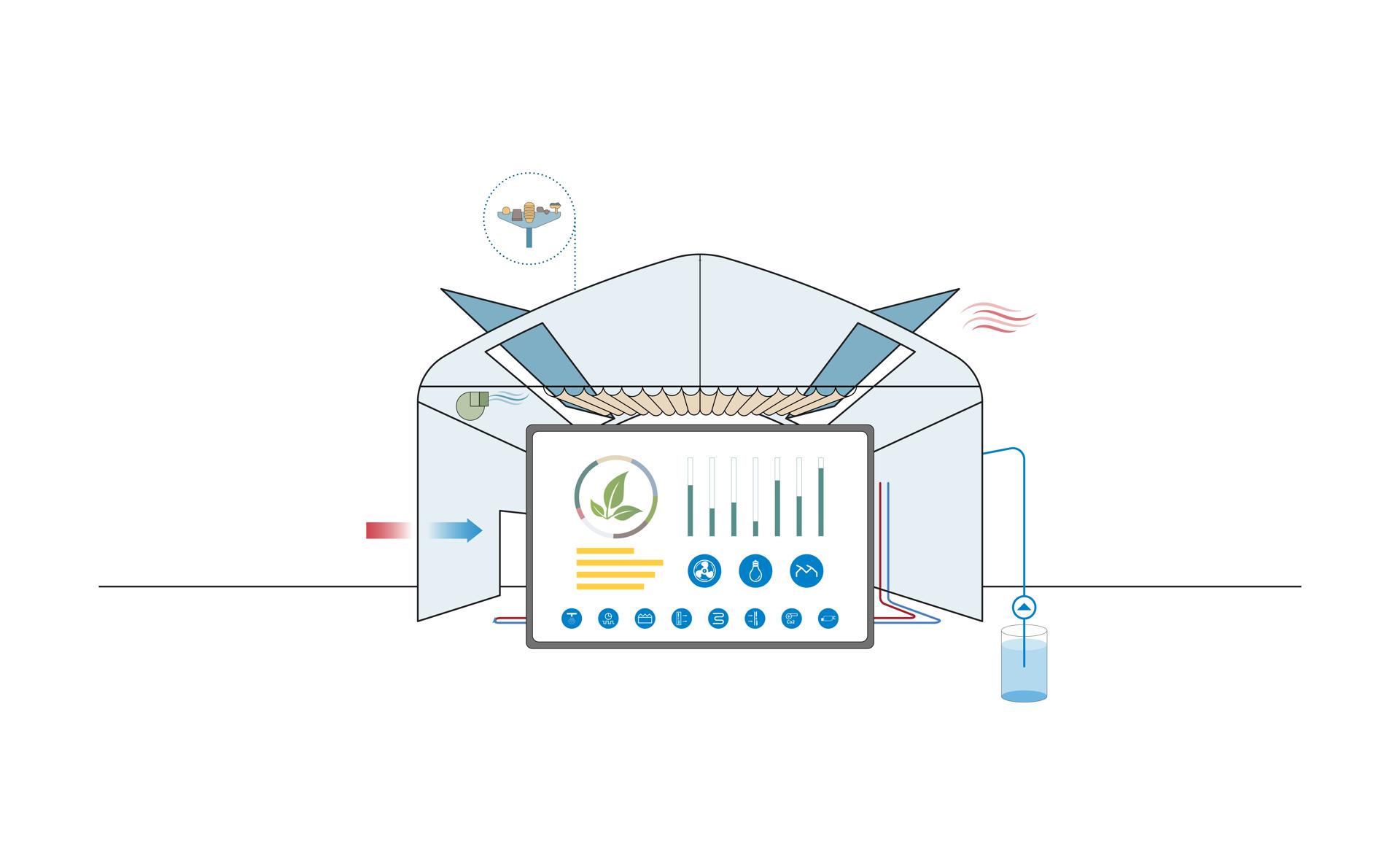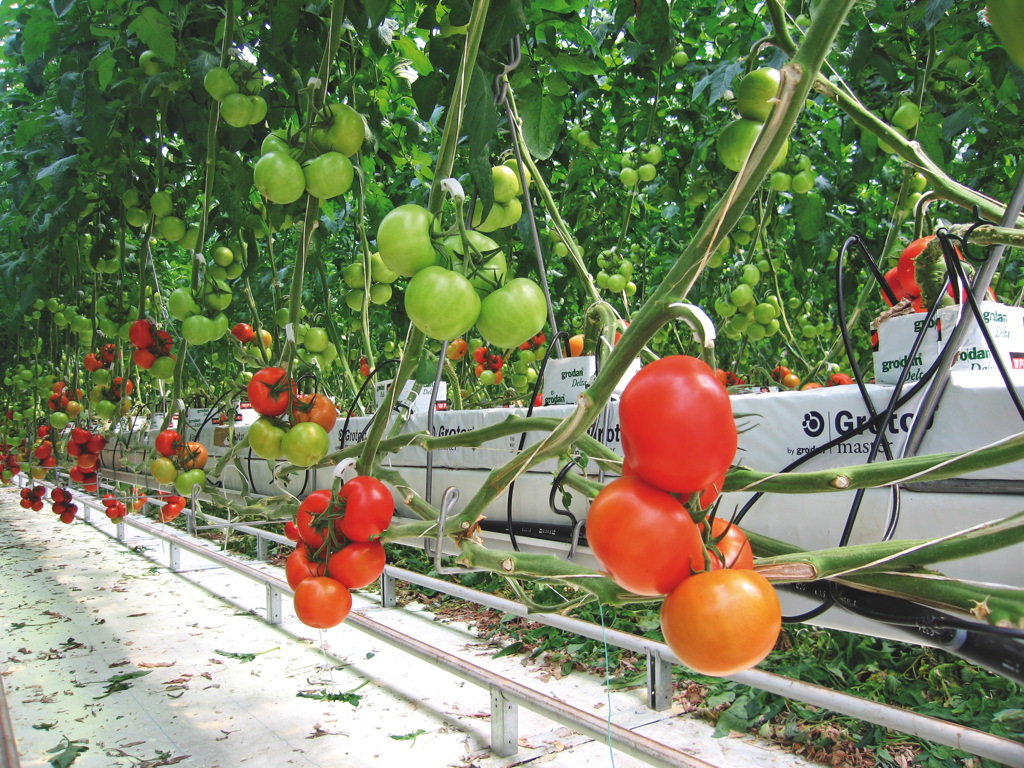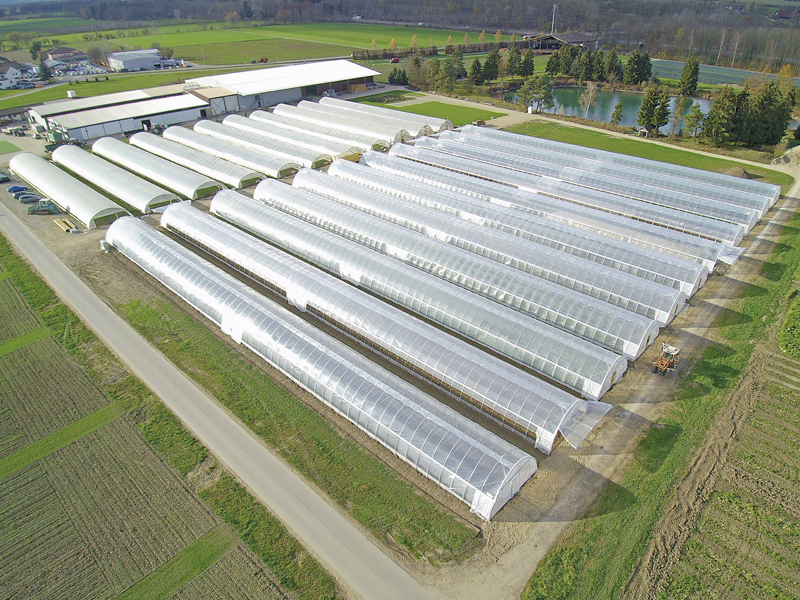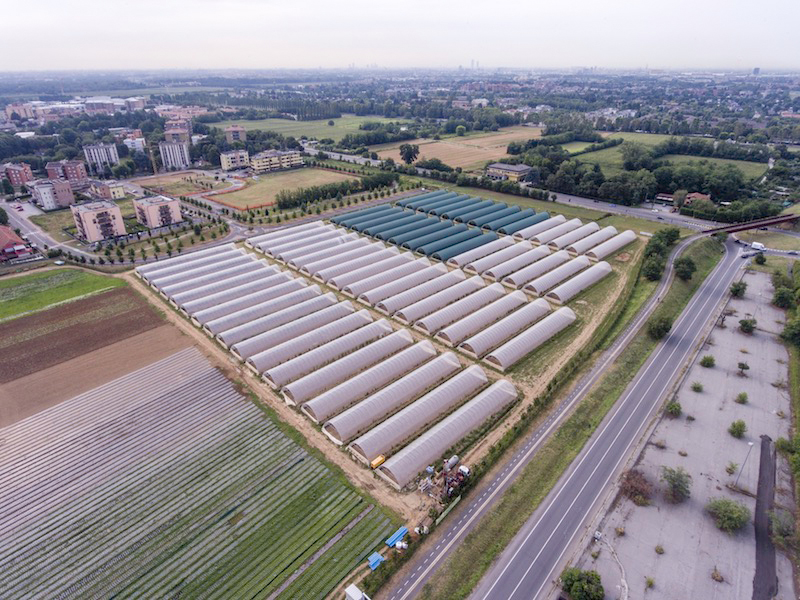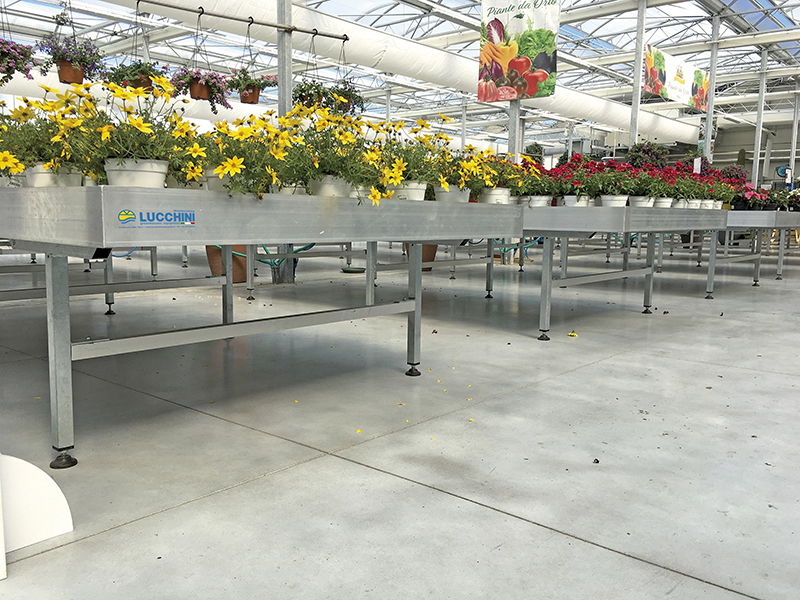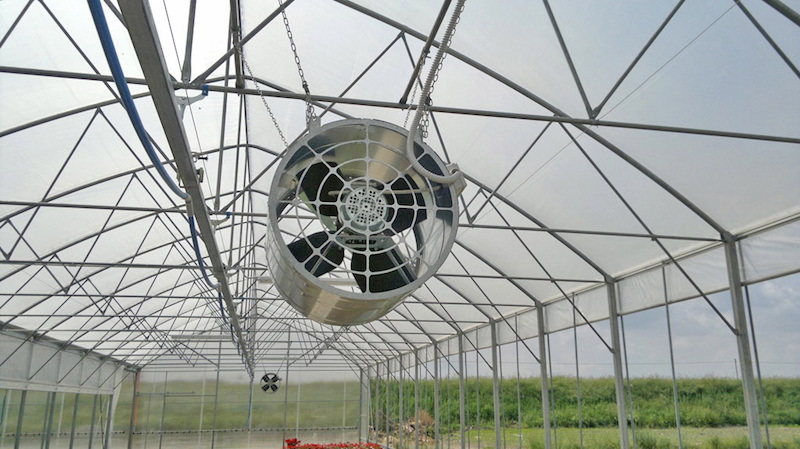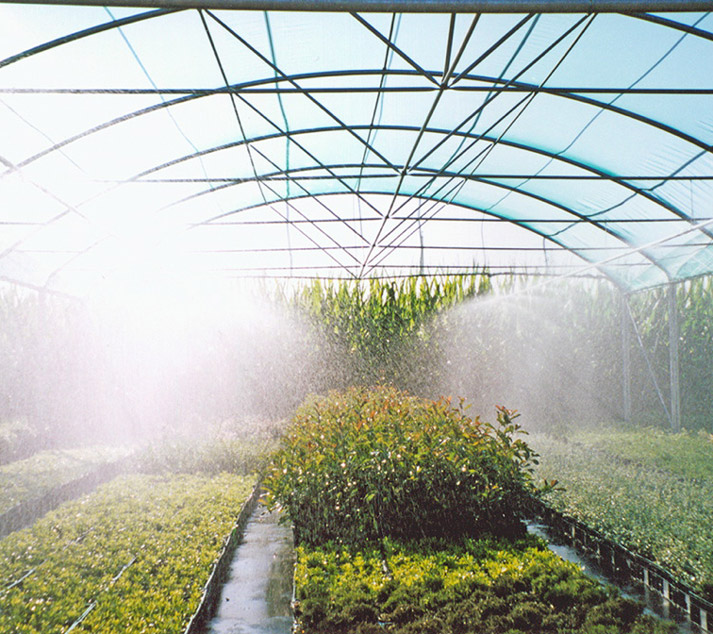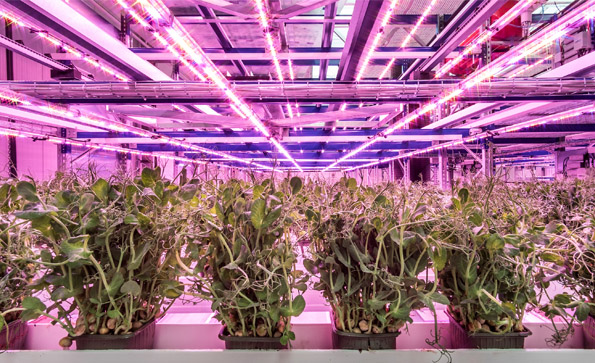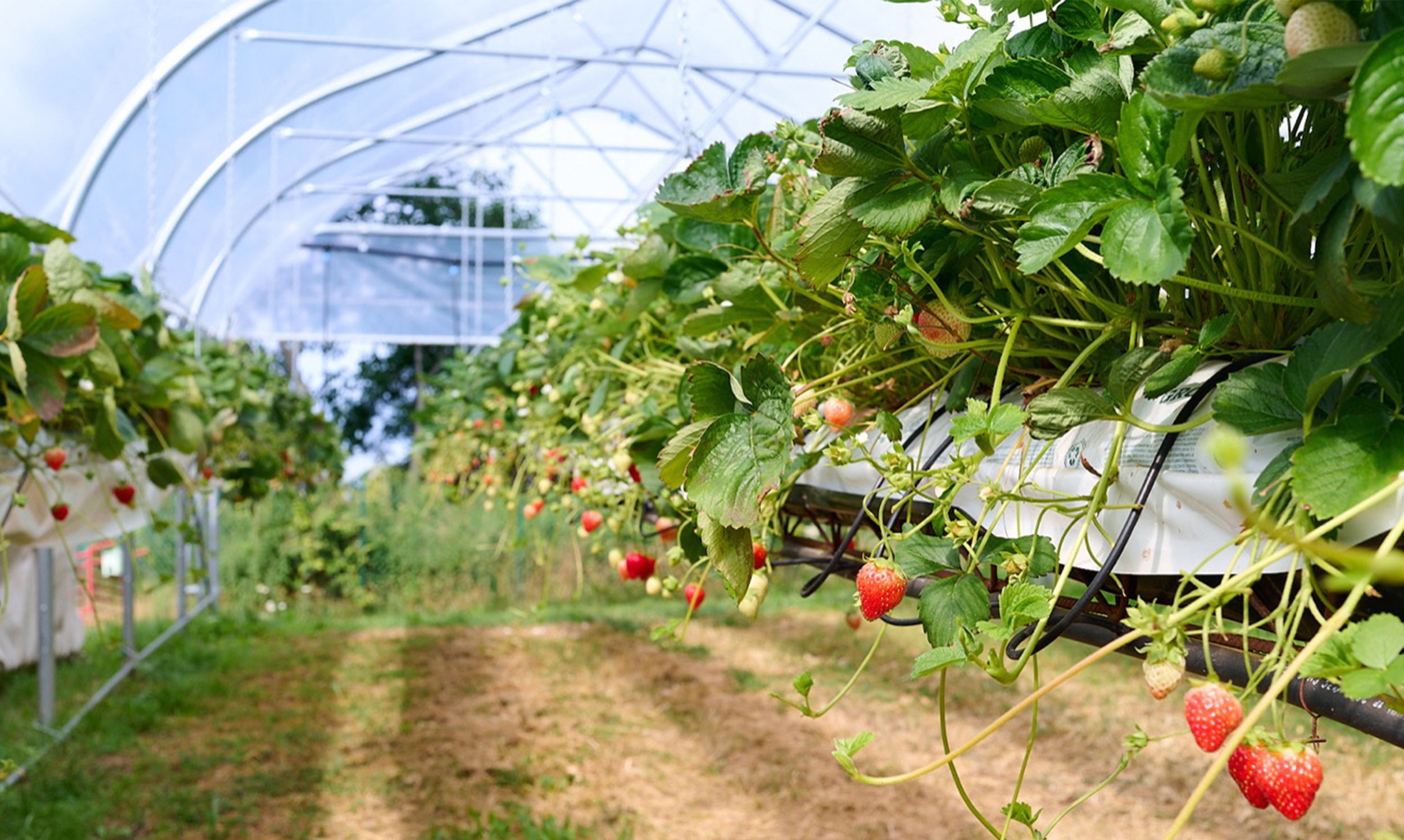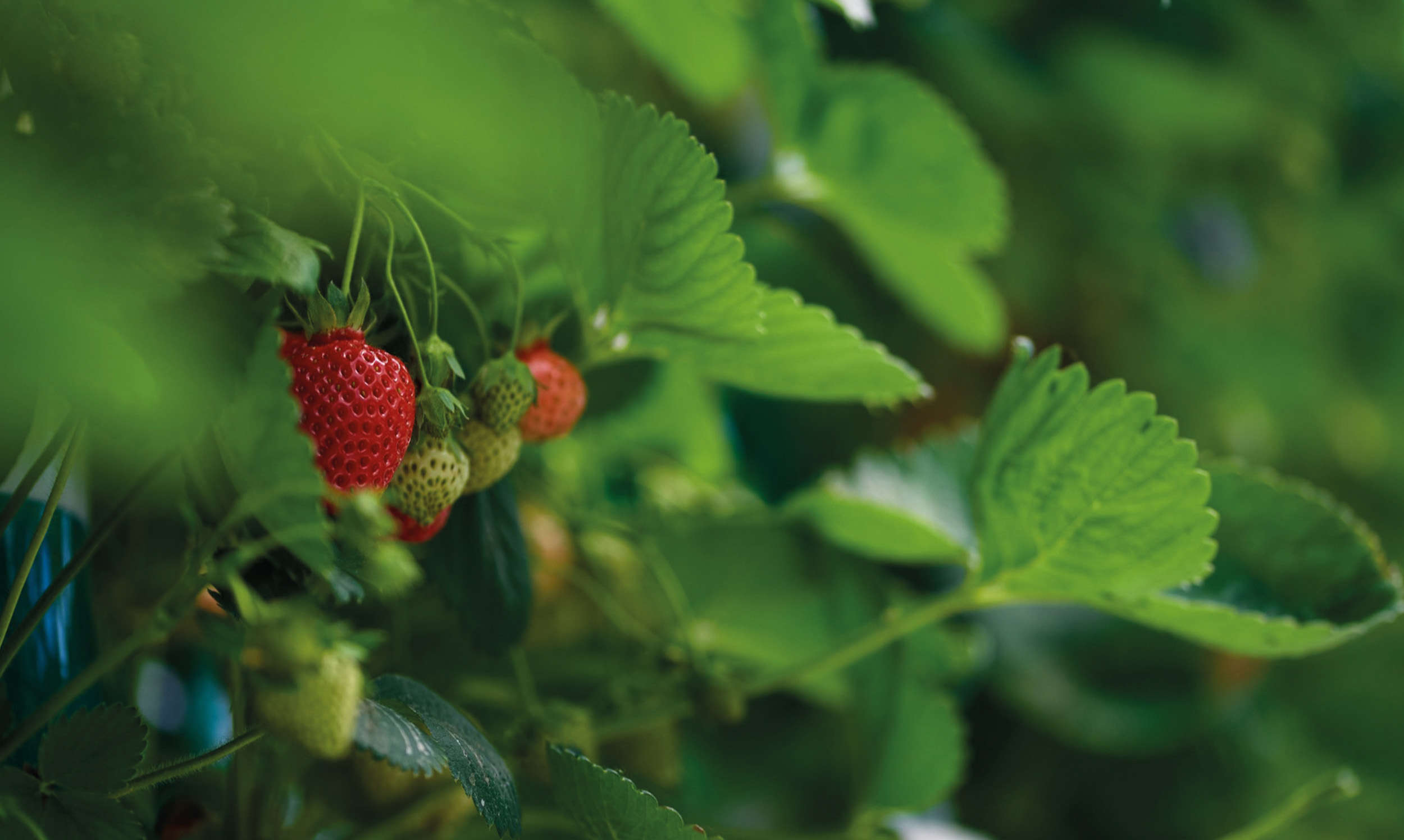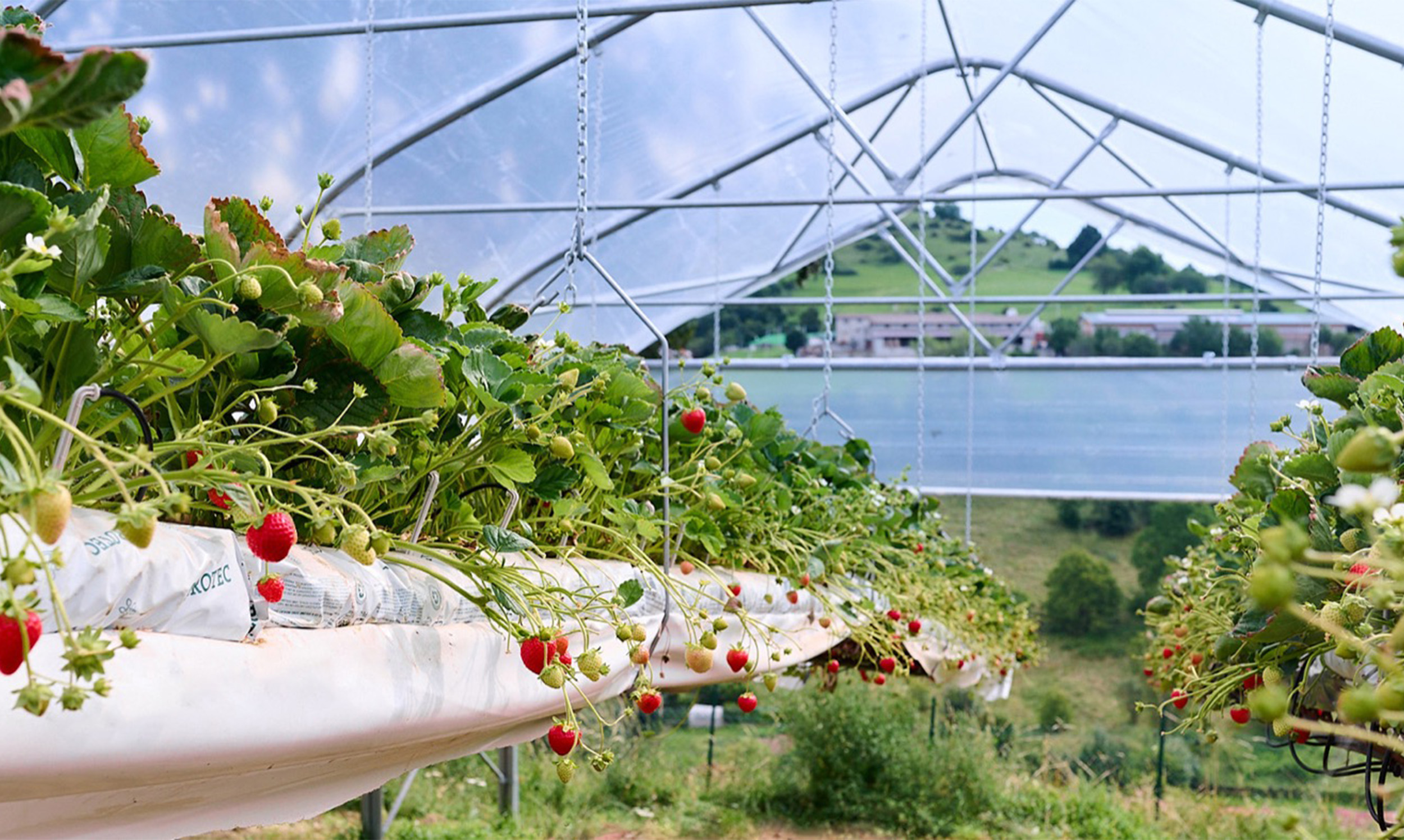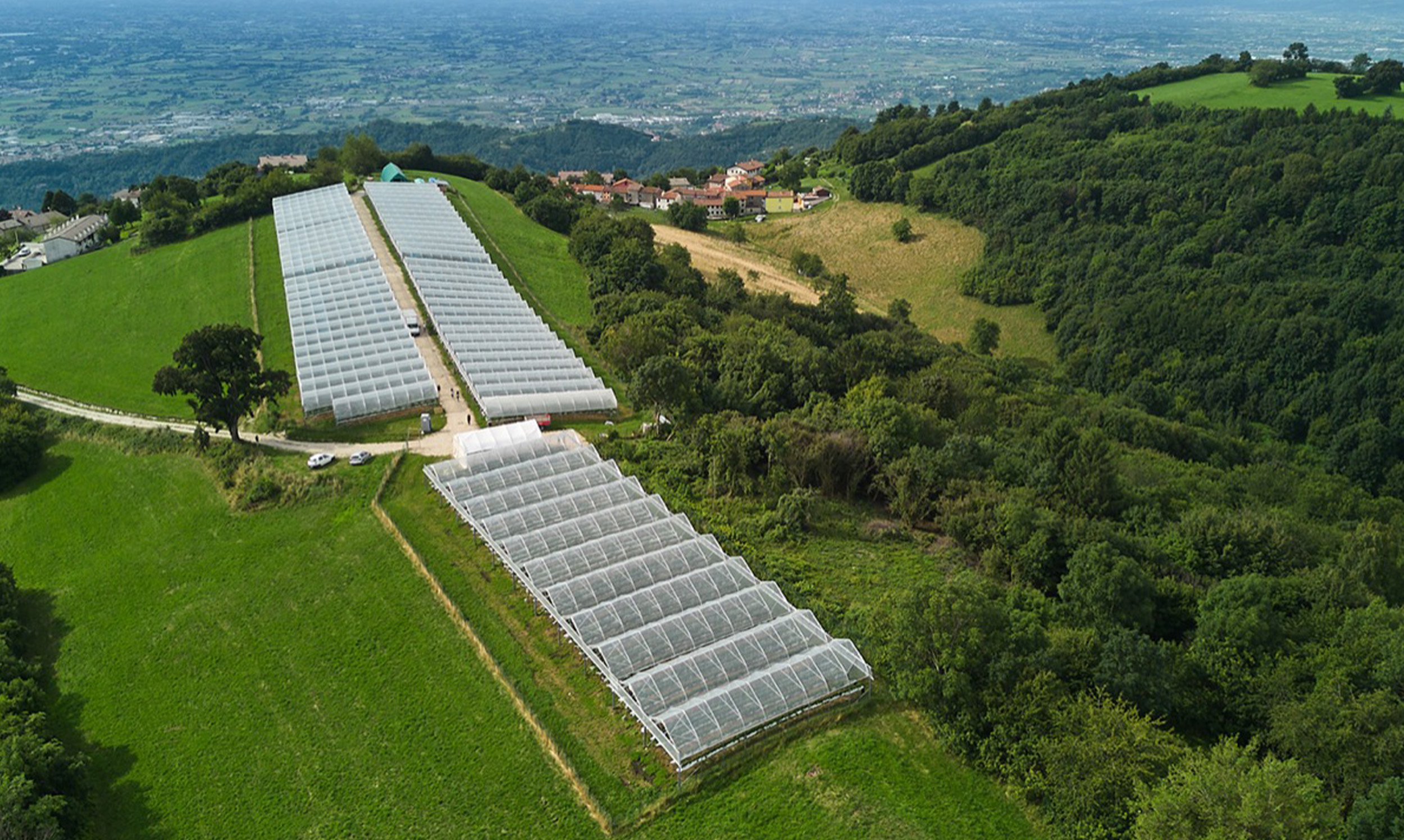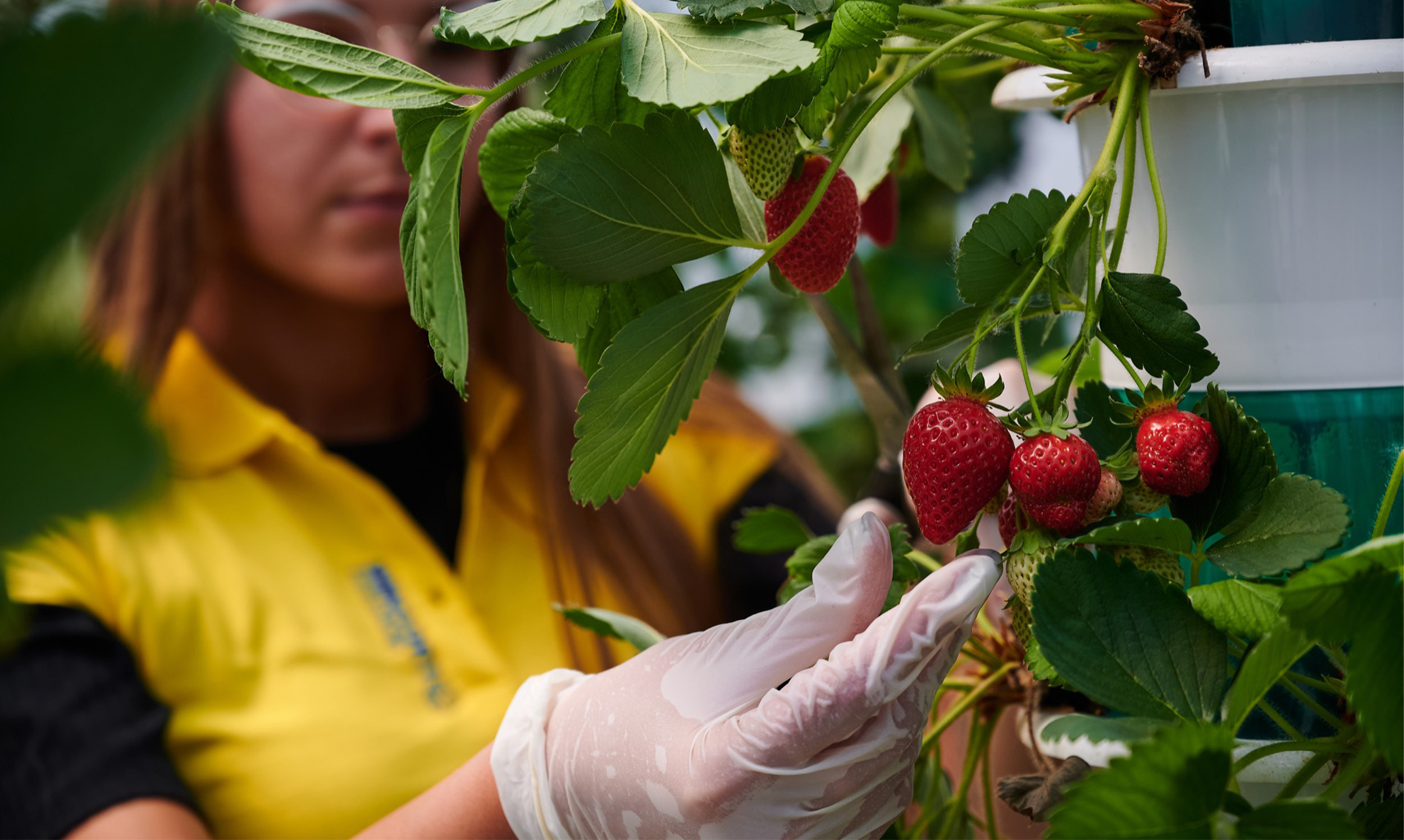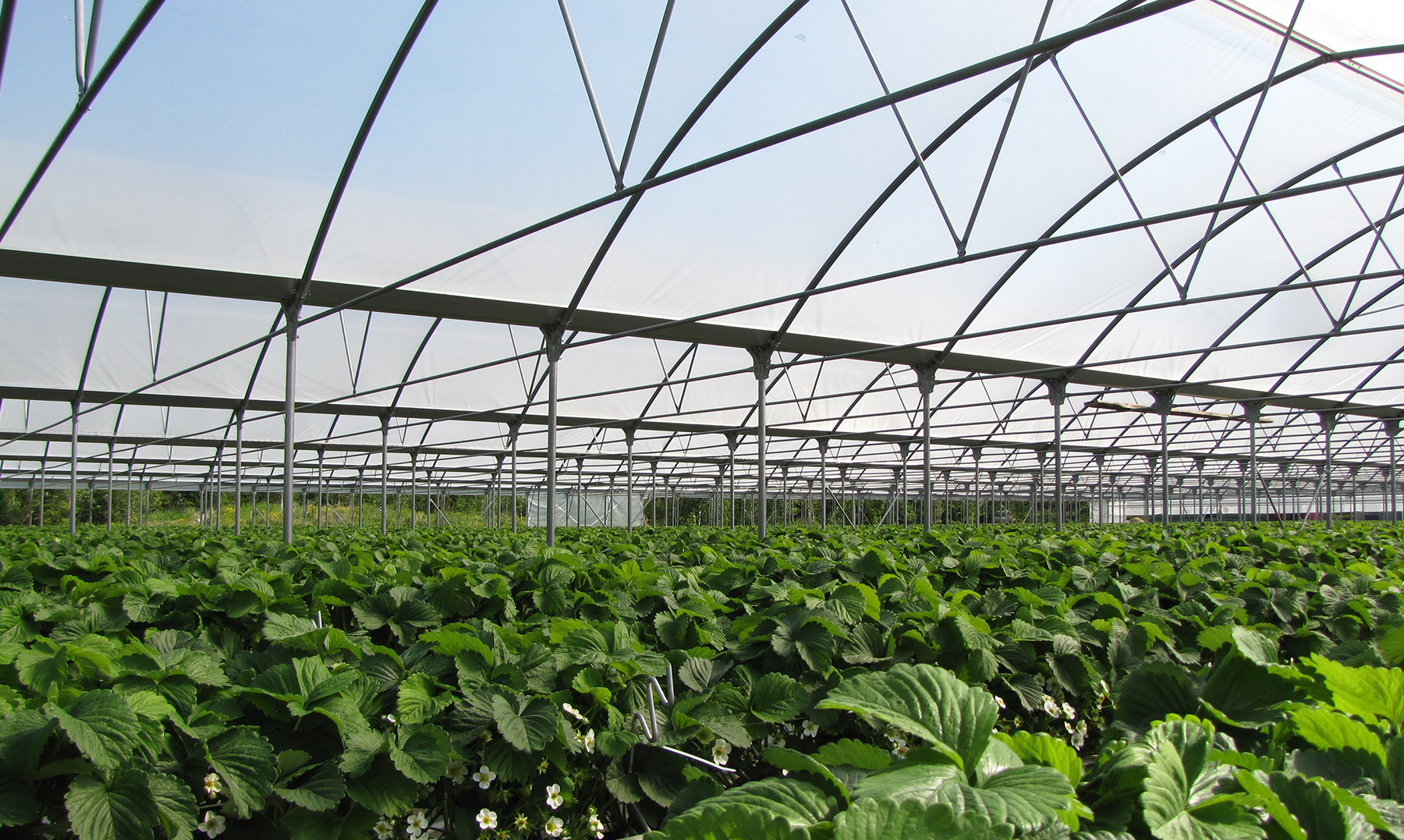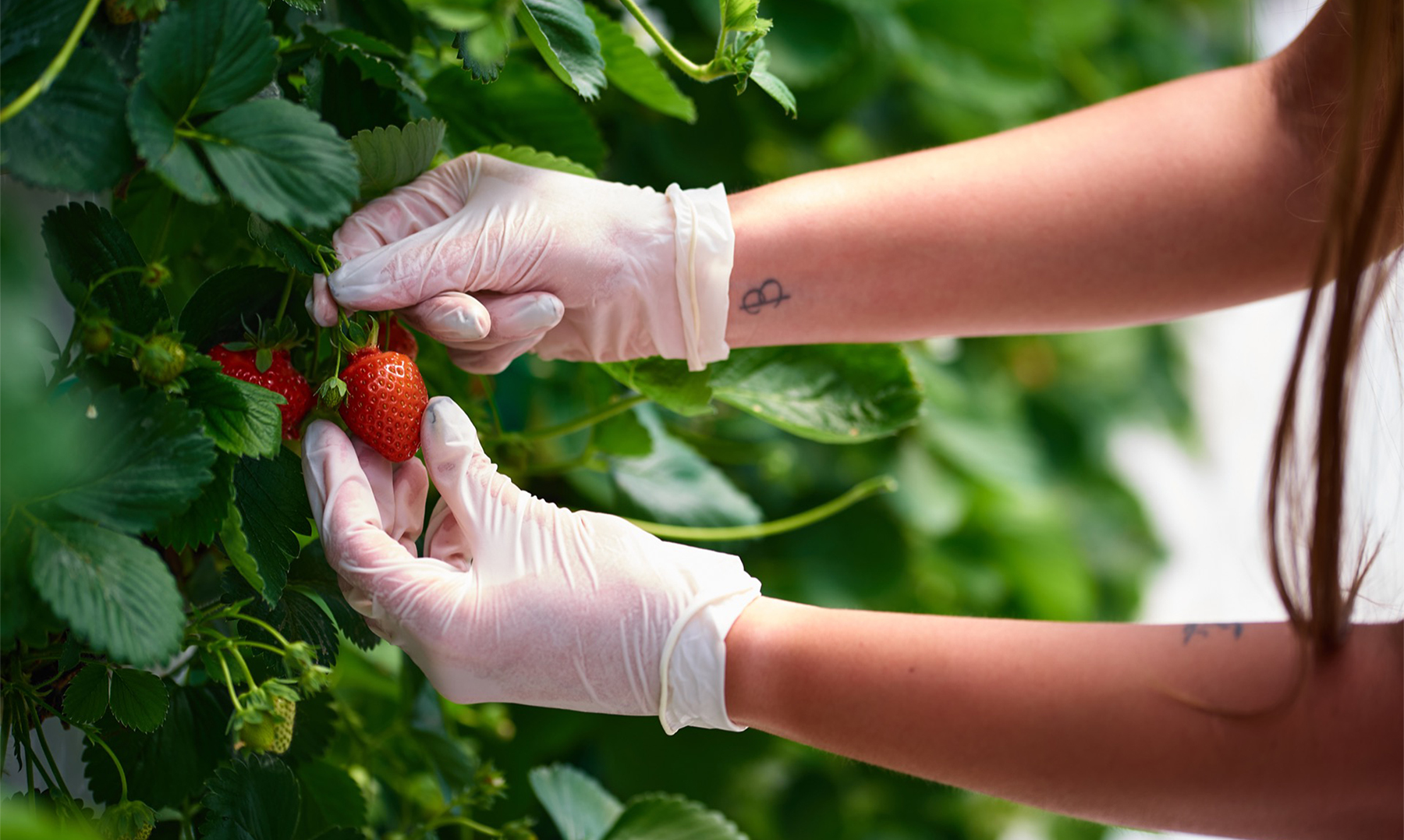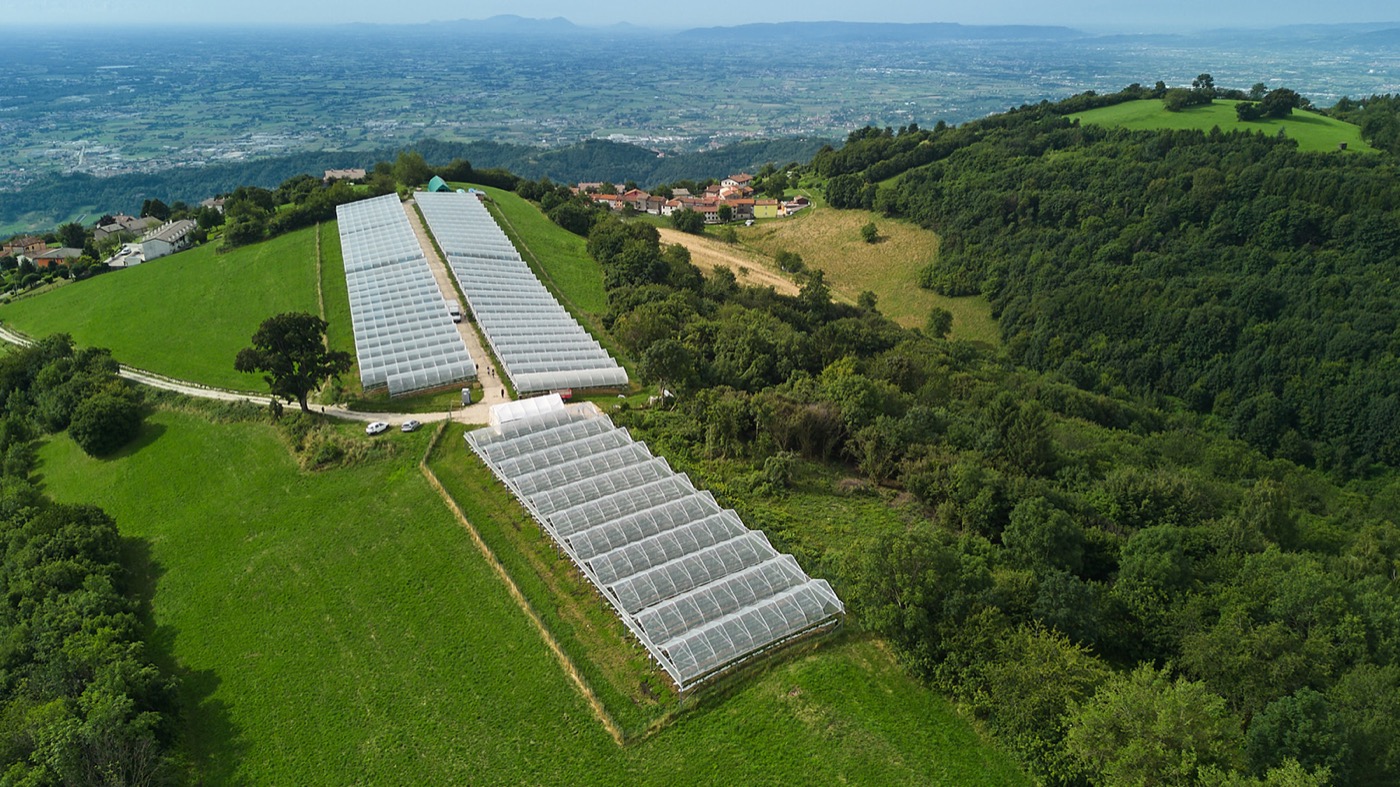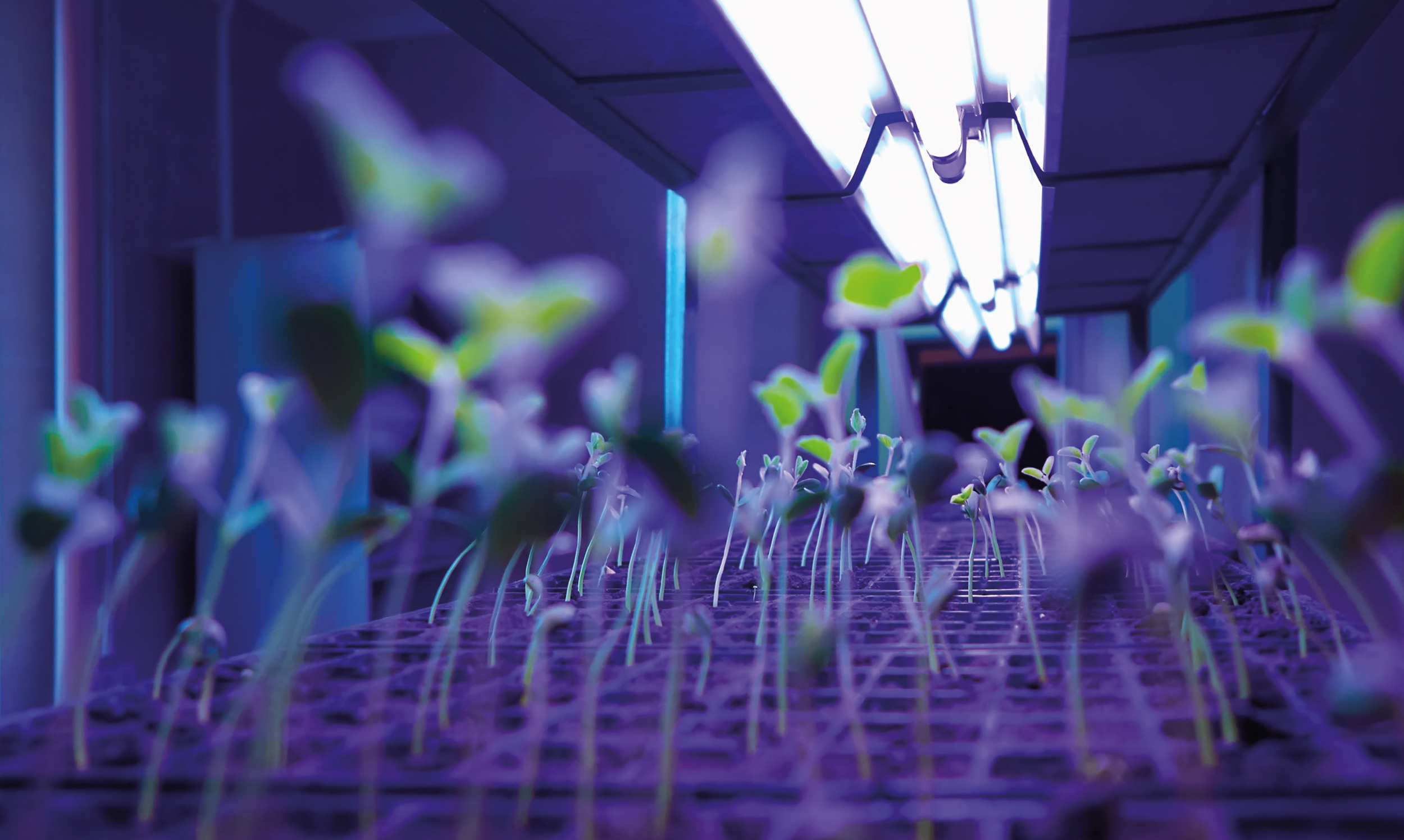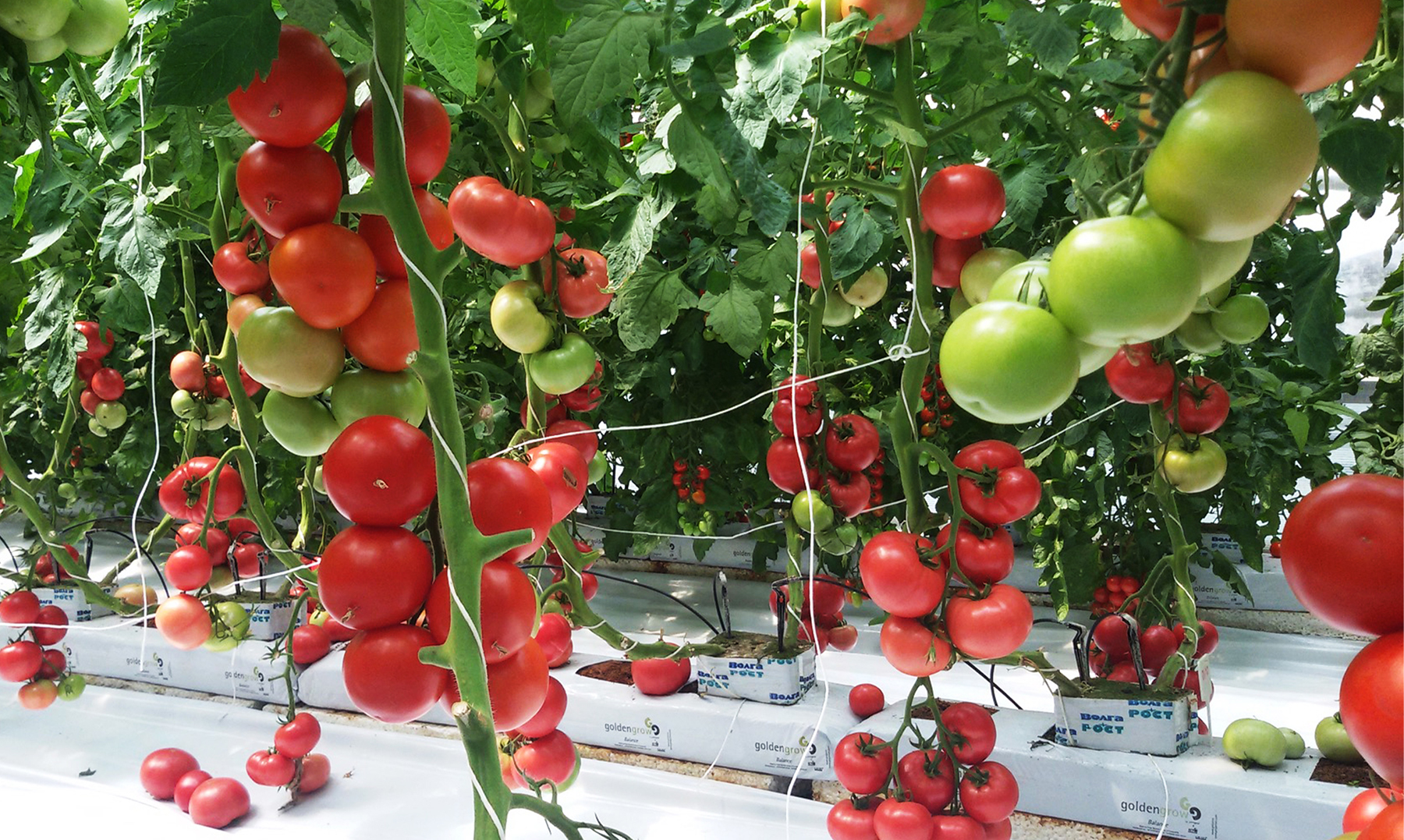Strawberry cultivation is a high-value agricultural opportunity, but it requires carefully monitored climate conditions and attentive management to fully express its potential. The strawberry greenhouses designed by Idromeccanica Lucchini offer tailored solutions, ensuring protection, quality, and productivity.
Why grow strawberries in a greenhouse?
Strawberries are particularly sensitive to humidity, temperature fluctuations, and fungal diseases. Our greenhouses allow you to:
- protect against adverse weather events (rain, hail, wind);
- control the microclimate and reduce water stress;
- advance or delay harvesting, extending the production calendar;
- obtain fruits with larger size, better color, and flavor;
- reduce the use of pesticides, increasing sustainability.
Which greenhouse to choose for strawberries?
1. Single or Multiple Tunnels
✔ Economical, easy to install
✔ Ideal for seasonal production in mild climates
2. Modular Greenhouses
✔ Robust and scalable structures
✔ Excellent ventilation, suitable for medium and large areas
3. Mobile or Retractable Covers
✔ Flexibility in managing light, humidity, and ventilation
✔ Perfect for variable climates and extended seasons
4. Heated or Cooled Greenhouses
✔ For intensive off-season production
✔ Also suitable for soilless cultivation
Lucchini Technical Note: our greenhouses are compatible with HVAC systems, fog systems, insulated films, and automated climate systems for maximum agronomic precision.
The basics for getting started
One of the most often underestimated aspects is greenhouse orientation: a North-South layout is generally preferable because it ensures an even distribution of sunlight throughout the day, improving photosynthesis and plant yield. Ventilation also plays a crucial role: a well-ventilated greenhouse reduces the risk of mold and infestations - two of the main enemies of protected crops. It is therefore essential to choose structures equipped with adjustable openings or integrated with automated climate systems.
As for irrigation, drip systems with precise management of EC (electrical conductivity) and pH are recommended, as these are key parameters for balanced nutrient supply and effective growth condition control.
Productive and Economic Advantages
- Average production in greenhouse: 600-800 g/plant per cycle
- High density: up to 7-9 plants/m² in soilless systems
- Profitability: thanks to earlier market entry and reduced waste
- Fast ROI: higher initial costs compared to open field are offset by more profitable annual or multi-year production cycles
Maintenance: efficiency that lasts over time
Lucchini structures, thanks to hot-dip galvanization and high construction quality, offer durability of over 25 years. To maintain high performance, it is sufficient to follow a few good practices, such as periodically checking the condition of films, joints, and moving parts; performing seasonal cleaning to ensure light transparency and hygiene; and acting promptly in case of localized wear, to prevent long-term structural damage.
The Lucchini Difference
- Internally engineered projects: each greenhouse is tailored to the customer’s needs
- Integrable systems: shading, fertigation, climate sensors
- After-sales service and international support
- Agronomic consultancy: technical support for layout, varieties, and crop management
FAQs
How much does a strawberry greenhouse produce?
On average 600-800 g per plant, but higher values are possible in soilless systems and with everbearing varieties.
What is the ideal temperature for strawberries in a greenhouse?
Between 16°C and 24°C. Temperatures too high (>28°C) or too low (<10°C) can compromise development.
Is a cooling system necessary?
Yes, in warm climates. It can be natural (ventilation), evaporative (fog system), or mechanical (HVAC).
Is soilless cultivation worth it?
Absolutely. Soilless systems offer better hygiene, consistent productivity, and control, and are ideal for premium markets.
Thinking About Starting a Greenhouse Cultivation?
Contact us today! Our technical team is ready to assist you in every phase of your project; from planning to implementation, and through continuous support.
With Idromeccanica Lucchini, every project is a seed destined to last.






